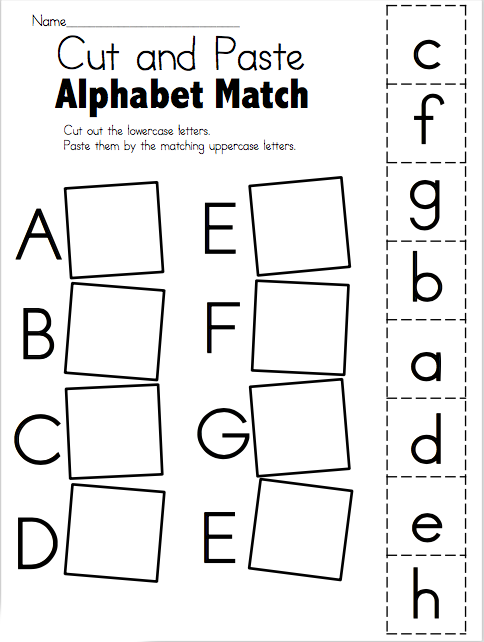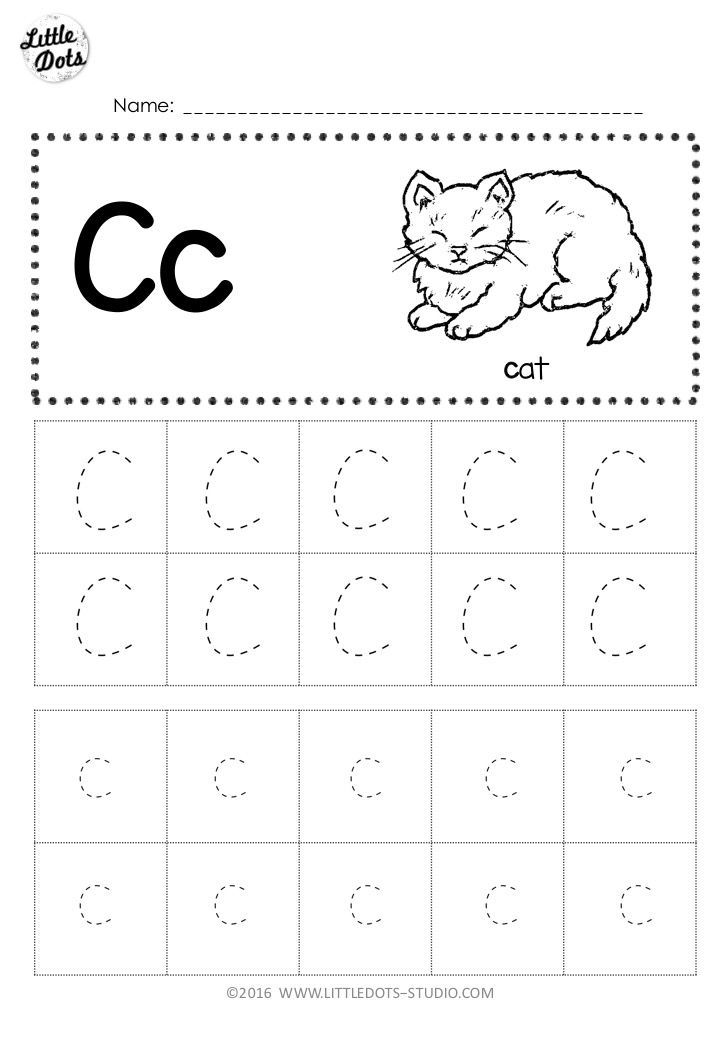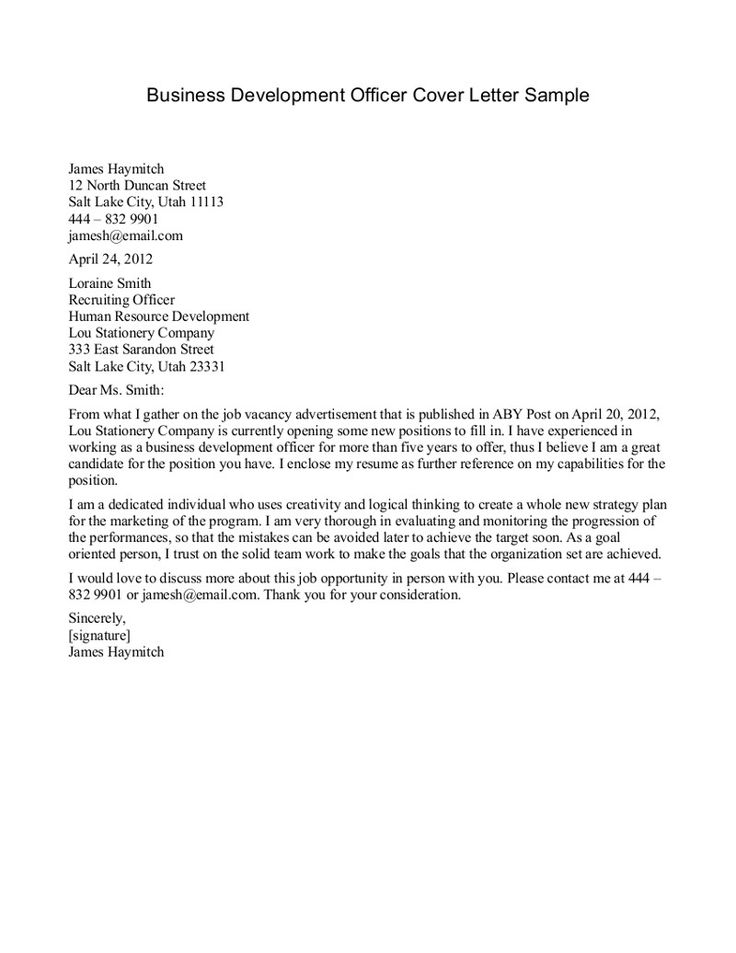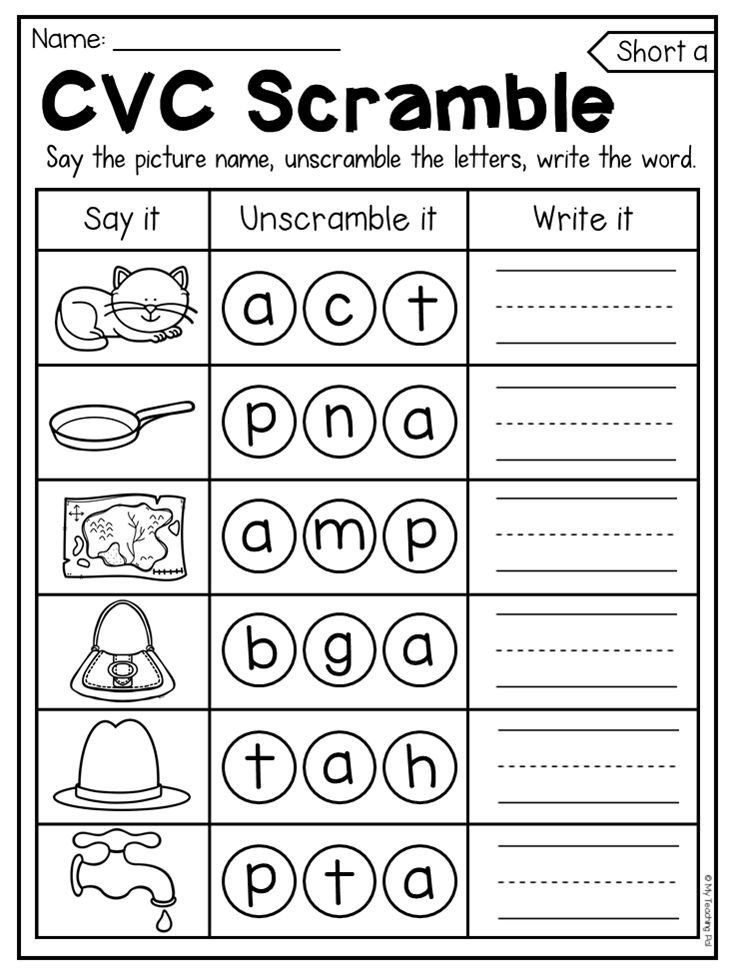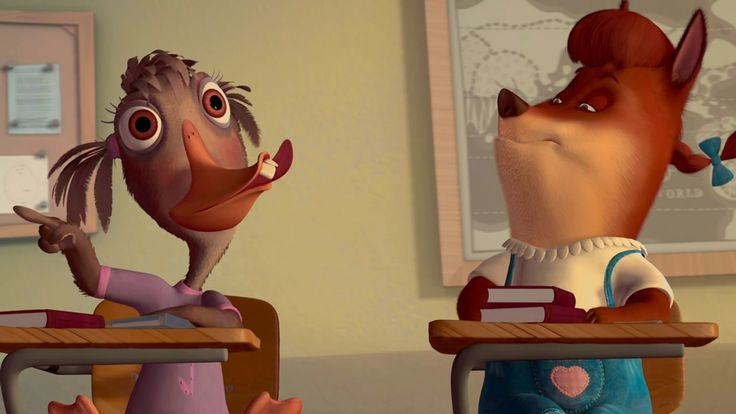Famous childrens short stories
Classic Short Stories for Kids
This is a collection of famous classical short stories for kids that are available online. We have selected a variety of stories from different authors. The links go directly to the stories where they can be read online. You might also be interested in the poems for kids page.
- "The Lion and the Mouse" by Aesop
The Lion and the Mouse is a classic Aesop fable. A lion generously spares a mouse it was about to kill. The mouse promise to repay the lion some day. - "The Three Little Pigs" by Unknown
This fairy tale originates in England. Three pigs build homes but only one builds a home strong enough to withstand wolf attacks. - "Hansel and Gretel" by Brothers Grimm
"Hansel and Gretel" is a classic fairy tale about two abandoned children who encounter a witch in the forest. The witch lures the children in to her home with delicious food but she really intends to eat them. - "The Princess and the Pea" by Hans Christian Andersen
This fairy tale from by Hans Christian Andersen tells the story of a special test that can identify a real princess. The sensitivity test involves placing a pea underneath a stack of mattresses. - "The Ants and the Grasshopper" by Aesop
This classic Aesop fable is set in late fall. It follows a group of hardworking ants drying out the grain they had stored during the summer. They encounter a grasshopper who foolishly failed to store any food for the winter. - "How the Camel Got His Hump" by Rudyard Kipling
This tale from Rudyard Kipling's Just So Stories tells how the camel, fond of saying "Humph!", got his hump from an encounter with a djinn. - "A Kidnapped Santa Claus" by L. Frank Baum
The Land of Oz creator L. Frank Baum wrote this story about deamons that kidnap Santa Claus. Fortunately, Santa Claus has some help completing his toy deliveries. - "The Snow Image" by Nathaniel Hawthorne
A brother and sister make a snow girl that comes to life - a snow sister.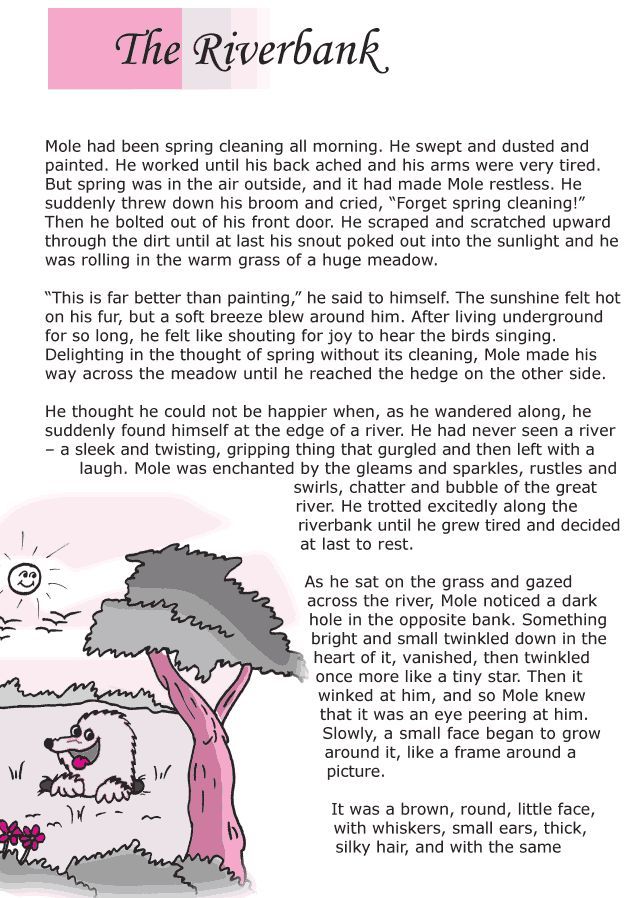 She is so lifelike that their father insists on bringing the snow girl inside, which is a mistake.
She is so lifelike that their father insists on bringing the snow girl inside, which is a mistake. - "The Celebrated Jumping Frog of Calaveras County" by Mark Twain
Mark Twain wrote this short story in 1865. It was included in a short story collection. The story covers jumping frogs, cheating and betting. - "The Frog Prince" by Brothers Grimm
This classic Grimm fairy tale follows the story of a talking frog and a spoiled princess. - "The Reluctant Dragon" by Kenneth Grahame.
This tale tells the story of a boy who befriends a dragon. The dragon is discovered by the townspeople who send for St. George to slay it. The story was published in Grahame's Dream Days book. - "The Remarkable Rocket" by Oscar Wilde
This humorous short story tells the tale of an arrogant and boisterous rocket. The rocket thinks he is remarkable and better than all the other fireworks. - "The Bundle of Sticks" by Aesop
There are no animals in this Aesop fable.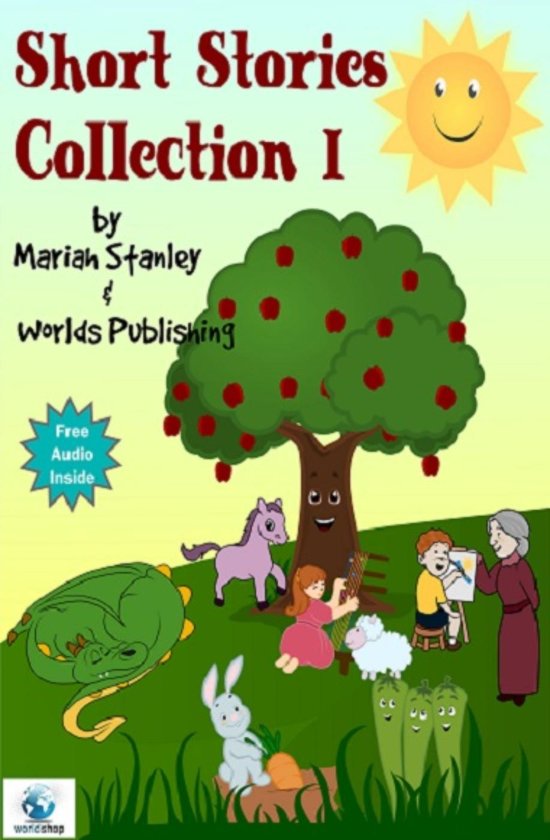 A father uses the concept of a bundle of sticks to teach the importance of unity and working together to his young sons.
A father uses the concept of a bundle of sticks to teach the importance of unity and working together to his young sons. - "The Elves and the Shoemaker" by Brothers Grimm
This fairy tale tells the story of a group of little elves that help a cobbler make shoes. There are multiple variations and translations of the tale. - "The Kite That Went to the Moon" by Evelyn Sharp
The story is part of Evelyn Sharp's short story collection, The Other Side of the Moon. A boy makes a giant kite and his friend draws a moon and stars on it. They are embarrassed when the kite doesn't fly. - "Snow White" by Brothers Grimm
The are variations on this fairy tale that was first published in 1812. As many children already know it involves a wicked, vain stepmother queen who is jealous and envious of the King's daughter, Snow White. - "The Ugly Duckling" by Hans Christian Andersen
This is a very clever fairy tale invented by Andersen that tells the story of a little bird that does not fit in and is teased by the other birds in the barnyard.
- "The Dog and His Refection" by Aesop
This Aesop fable teaches the foolishness of greed. A dog looking at his reflection in the water spies a bigger bone than the bone is carrying. - "The Bogey-Beast" by Flora Annie Steel (retold
This is an entertaining fairy tale about an optimistic poor, old woman who unknowingly encounters the Bogey-Beast when she finds a perfectly good black pot lying in a ditch.
The Short Story of the Day
by O. Henry
The Snow Man is featured in our collection of Winter Sports Stories.
Edward S. Curtis, The Scout in Winter, 1908
Housed and windowpaned from it, the greatest wonder to little children is the snow. To men, it is something like a crucible in which their world melts into a white star ten million miles away. The man who can stand the test is a Snow Man; and this is his reading by Fahrenheit, Reaumur, or Moses's carven tablets of stone.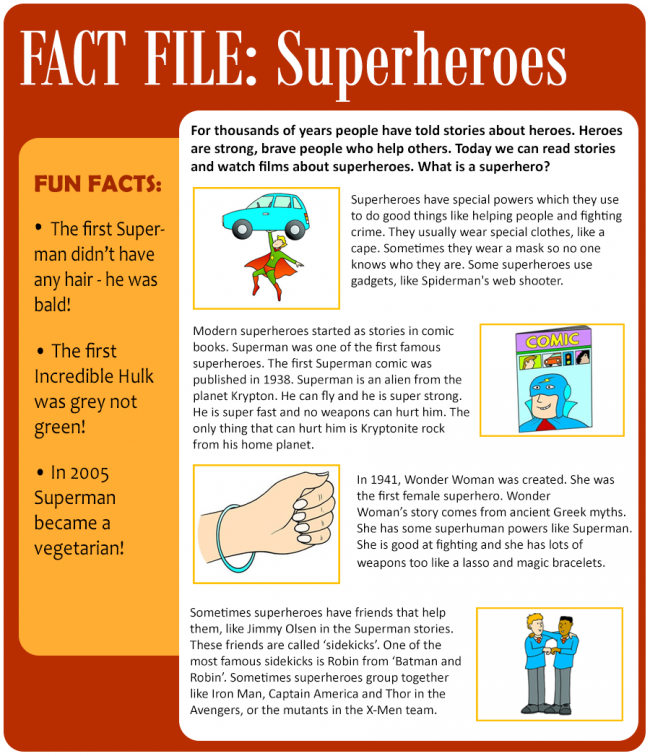
Night had fluttered a sable pinion above the canyon of Big Lost River, and I urged my horse toward the Bay Horse Ranch because the snow was deepening. The flakes were as large as an hour's circular tatting by Miss Wilkins's ablest spinster, betokening a heavy snowfall and less entertainment and more adventure than the completion of the tatting could promise. I knew Ross Curtis of the Bay Horse, and that I would be welcome as a snow-bound pilgrim, both for hospitality's sake and because Ross had few chances to confide in living creatures who did not neigh, bellow, bleat, yelp, or howl during his discourse.
The ranch house was just within the jaws of the canyon where its builder may have fatuously fancied that the timbered and rocky walls on both sides would have protected it from the wintry Colorado winds; but I feared the drift. Even now through the endless, bottomless rift in the hills--the speaking tube of the four winds--came roaring the voice of the proprietor to the little room on the top floor.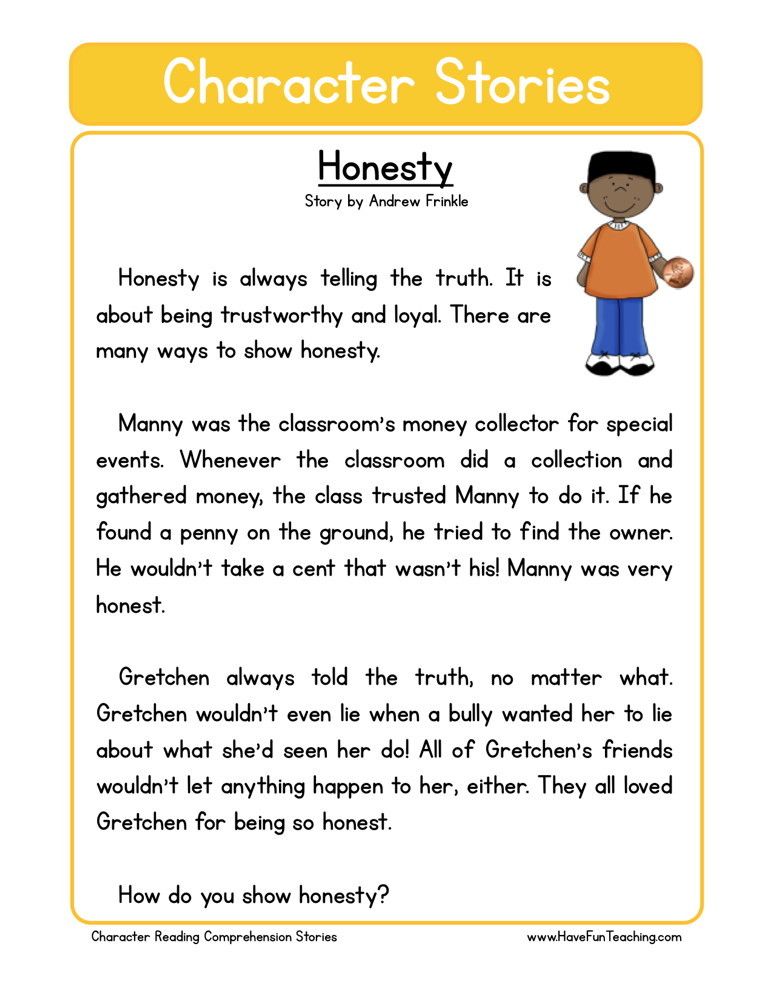
At my "hello," a ranch hand came from an outer building and received my thankful horse. In another minute, Ross and I sat by a stove in the dining-room of the four-room ranch house, while the big, simple welcome of the household lay at my disposal. Fanned by the whizzing norther, the fine, dry snow was sifted and bolted through the cracks and knotholes of the logs. The cook room, without a separating door, appended.
In there I could see a short, sturdy, leisurely and weather-beaten man moving with professional sureness about his red-hot stove. His face was stolid and unreadable--something like that of a great thinker, or of one who had no thoughts to conceal. I thought his eye seemed unwarrantably superior to the elements and to the man, but quickly attributed that to the characteristic self-importance of a petty chef. "Camp cook" was the niche that I gave him in the Hall of Types; and he fitted it as an apple fits a dumpling.
Cold it was in spite of the glowing stove; and Ross and I sat and talked, shuddering frequently, half from nerves and half from the freezing draughts.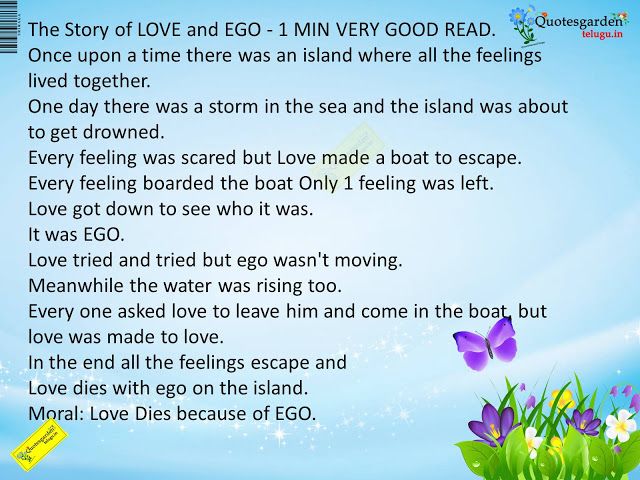 So he brought the bottle and the cook brought boiling water, and we made prodigious hot toddies against the attacks of Boreas. We clinked glasses often. They sounded like icicles dropping from the eaves, or like the tinkle of a thousand prisms on a Louis XIV chandelier that I once heard at a boarder's dance in the parlor of a ten-a-week boarding-house in Gramercy Square. Sic transit.
So he brought the bottle and the cook brought boiling water, and we made prodigious hot toddies against the attacks of Boreas. We clinked glasses often. They sounded like icicles dropping from the eaves, or like the tinkle of a thousand prisms on a Louis XIV chandelier that I once heard at a boarder's dance in the parlor of a ten-a-week boarding-house in Gramercy Square. Sic transit.
Silence in the terrible beauty of the snow and of the Sphinx and of the stars; but they who believe that all things, from a without-wine table d'hote to the crucifixion, may be interpreted through music, might have found a nocturne or a symphony to express the isolation of that blotted-out world. The clink of glass and bottle, the aeolian chorus of the wind in the house crannies, its deeper trombone through the canyon below, and the Wagnerian crash of the cook's pots and pans, united in a fit, discordant melody, I thought. No less welcome an accompaniment was the sizzling of broiling ham and venison cutlet indorsed by the solvent fumes of true Java, bringing rich promises of comfort to our yearning souls.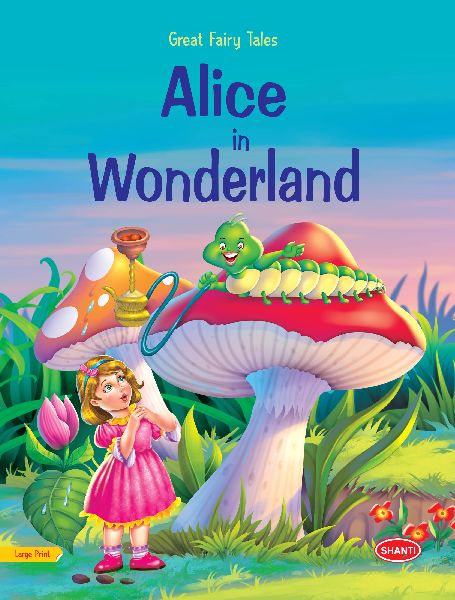
The cook brought the smoking supper to the table. He nodded to me democratically as he cast the heavy plates around as though he were pitching quoits or hurling the discus. I looked at him with some appraisement and curiosity and much conciliation. There was no prophet to tell us when that drifting evil outside might cease to fall; and it is well, when snow-bound, to stand somewhere within the radius of the cook's favorable consideration. But I could read neither favor nor disapproval in the face and manner of our pot-wrestler.
He was about five feet nine inches, and two hundred pounds of commonplace, bull-necked, pink-faced, callous calm. He wore brown duck trousers too tight and too short, and a blue flannel shirt with sleeves rolled above his elbows. There was a sort of grim, steady scowl on his features that looked to me as though he had fixed it there purposely as a protection against the weakness of an inherent amiability that, he fancied, were better concealed. And then I let supper usurp his brief occupancy of my thoughts.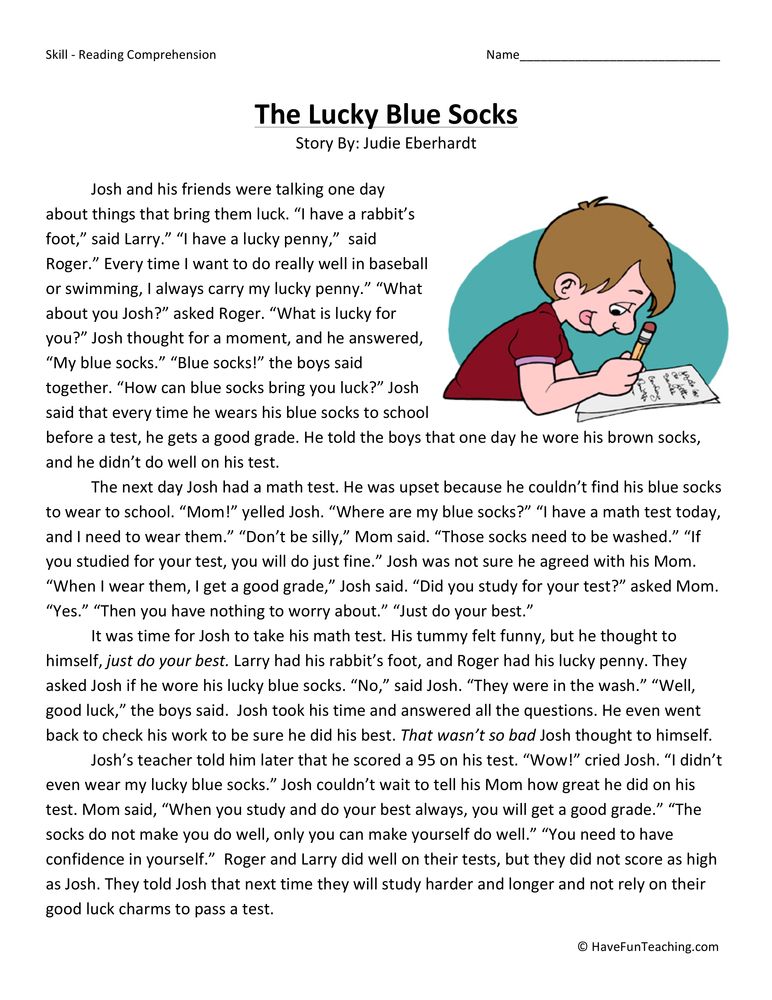
"Draw up, George," said Ross. "Let's all eat while the grub's hot."
"You fellows go on and chew," answered the cook. "I ate mine in the kitchen before sun-down."
"Think it'll be a big snow, George?" asked the ranchman.
George had turned to reenter the cook room. He moved slowly around and, looking at his face, it seemed to me that he was turning over the wisdom and knowledge of centuries in his head.
"It might," was his delayed reply.
At the door of the kitchen he stopped and looked back at us. Both Ross and I held our knives and forks poised and gave him our regard. Some men have the power of drawing the attention of others without speaking a word. Their attitude is more effective than a shout.
"And again it mightn't," said George, and went back to his stove.
After we had eaten, he came in and gathered the emptied dishes. He stood for a moment, while his spurious frown deepened.
"It might stop any minute," he said, "or it might keep up for days. "
"
At the farther end of the cook room I saw George pour hot water into his dishpan, light his pipe, and put the tableware through its required lavation. He then carefully unwrapped from a piece of old saddle blanket a paperback book, and settled himself to read by his dim oil lamp.
And then the ranchman threw tobacco on the cleared table and set forth again the bottles and glasses; and I saw that I stood in a deep channel through which the long dammed flood of his discourse would soon be booming. But I was half content, comparing my fate with that of the late Thomas Tucker, who had to sing for his supper, thus doubling the burdens of both himself and his host.
"Snow is a hell of a thing," said Ross, by way of a foreword. "It ain't, somehow, it seems to me, salubrious. I can stand water and mud and two inches below zero and a hundred and ten in the shade and medium-sized cyclones, but this here fuzzy white stuff naturally gets me all locoed. I reckon the reason it rattles you is because it changes the look of things so much.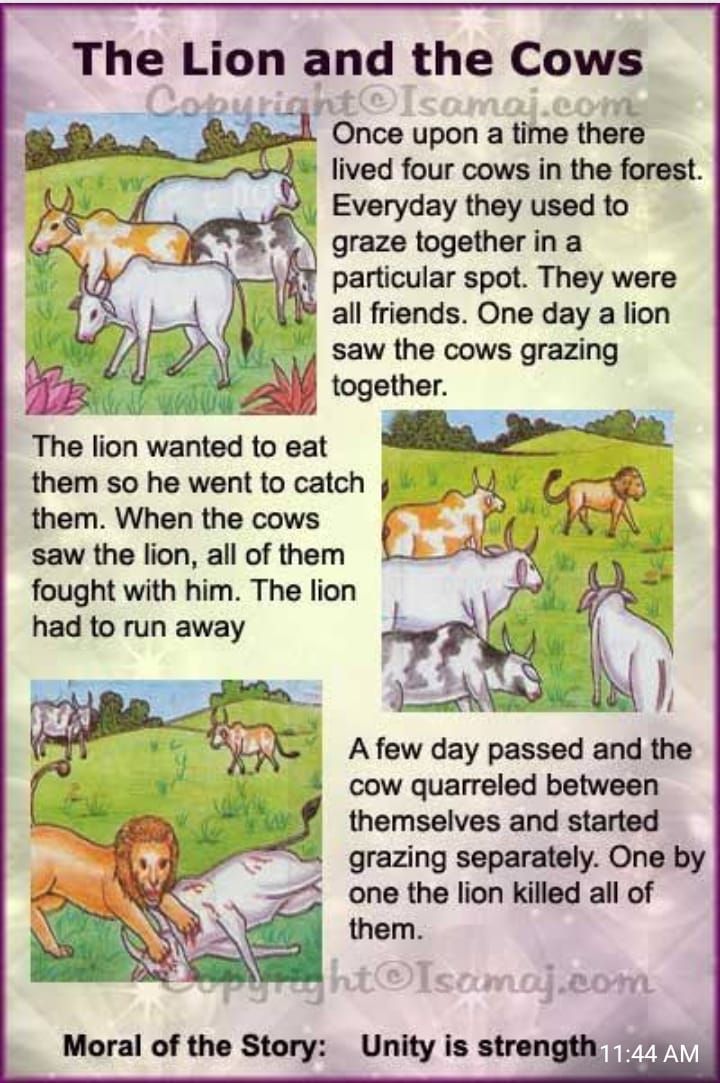 It's like you had a wife and left her in the morning with the same old blue cotton wrapper on, and rides in of a night and runs across her all outfitted in a white silk evening frock, waving an ostrich-feather fan, and monkeying with a posy of lily flowers. Wouldn't it make you look for your pocket compass? You'd be liable to kiss her before you collected your presence of mind."
It's like you had a wife and left her in the morning with the same old blue cotton wrapper on, and rides in of a night and runs across her all outfitted in a white silk evening frock, waving an ostrich-feather fan, and monkeying with a posy of lily flowers. Wouldn't it make you look for your pocket compass? You'd be liable to kiss her before you collected your presence of mind."
By and by, the flood of Ross's talk was drawn up into the clouds (so it pleased me to fancy) and there condensed into the finer snowflakes of thought; and we sat silent about the stove, as good friends and bitter enemies will do. I thought of Boss's preamble about the mysterious influence upon man exerted by that ermine-lined monster that now covered our little world, and knew he was right.
Of all the curious knickknacks, mysteries, puzzles, Indian gifts, rat-traps, and well-disguised blessings that the gods chuck down to us from the Olympian peaks, the most disquieting and evil-bringing is the snow.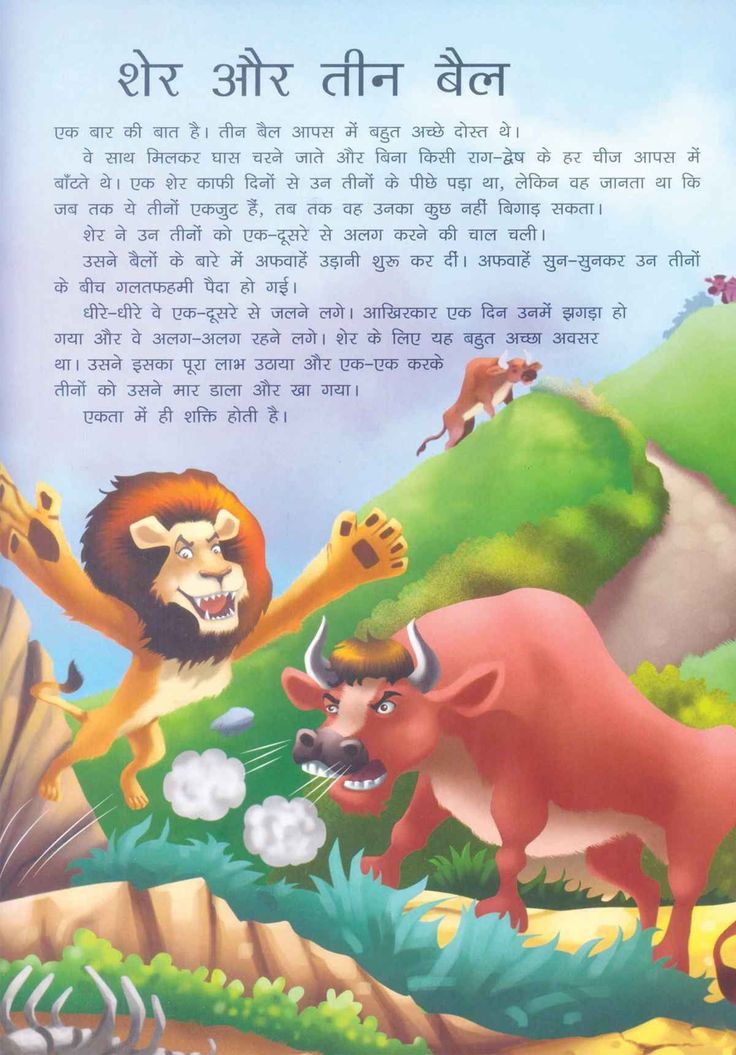 By scientific analysis it is absolute beauty and purity --so, at the beginning we look doubtfully at chemistry.
By scientific analysis it is absolute beauty and purity --so, at the beginning we look doubtfully at chemistry.
It falls upon the world, and lo! we live in another. It hides in a night the old scars and familiar places with which we have grown heart-sick or enamored. So, as quietly as we can, we hustle on our embroidered robes and hie us on Prince Camaralzaman's horse or in the reindeer sleigh into the white country where the seven colors converge. This is when our fancy can overcome the bane of it.
But in certain spots of the earth comes the snow-madness, made known by people turned wild and distracted by the bewildering veil that has obscured the only world they know. In the cities, the white fairy who sets the brains of her dupes whirling by a wave of her wand is cast for the comedy role. Her diamond shoe buckles glitter like frost; with a pirouette she invites the spotless carnival.
But in the waste places the snow is sardonic. Sponging out the world of the outliers, it gives no foothold on another sphere in return.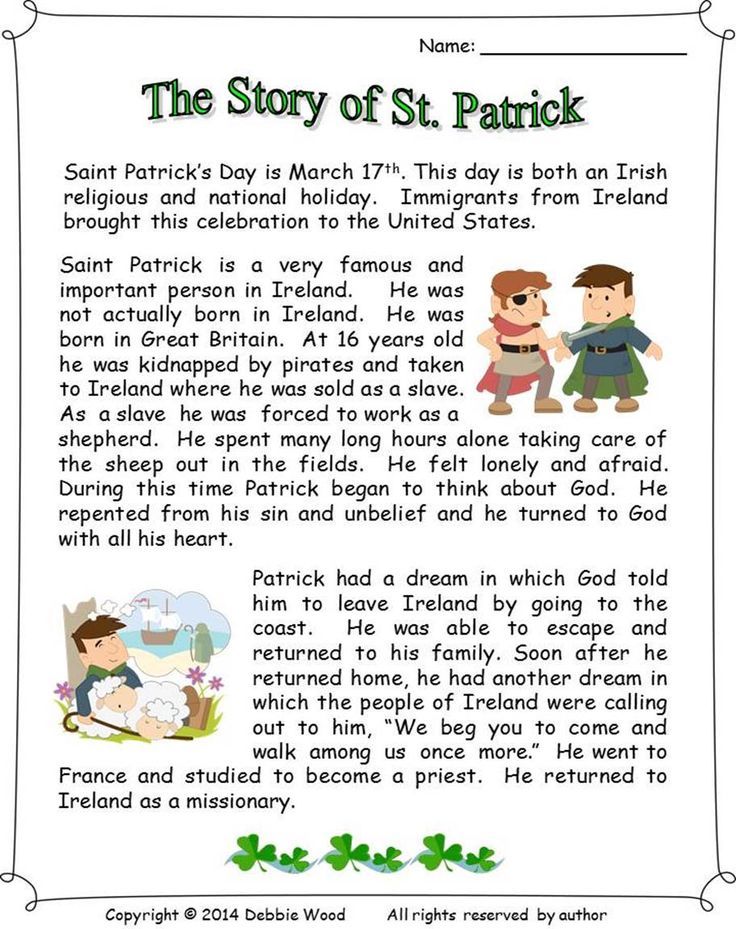 It makes of the earth a firmament under foot; it leaves us clawing and stumbling in space in an inimical fifth element whose evil outdoes its strangeness and beauty, There Nature, low comedienne, plays her tricks on man. Though she has put him forth as her highest product, it appears that she has fashioned him with what seems almost incredible carelessness and indexterity. One-sided and without balance, with his two halves unequally fashioned and joined, must he ever jog his eccentric way. The snow falls, the darkness caps it, and the ridiculous man-biped strays in accurate circles until he succumbs in the ruins of his defective architecture.
It makes of the earth a firmament under foot; it leaves us clawing and stumbling in space in an inimical fifth element whose evil outdoes its strangeness and beauty, There Nature, low comedienne, plays her tricks on man. Though she has put him forth as her highest product, it appears that she has fashioned him with what seems almost incredible carelessness and indexterity. One-sided and without balance, with his two halves unequally fashioned and joined, must he ever jog his eccentric way. The snow falls, the darkness caps it, and the ridiculous man-biped strays in accurate circles until he succumbs in the ruins of his defective architecture.
In the throat of the thirsty the snow is vitriol. In appearance as plausible as the breakfast food of the angels, it is as hot in the mouth as ginger, increasing the pangs of the water-famished. It is a derivative from water, air, and some cold, uncanny fire from which the caloric has been extracted. Good has been said of it; even the poets, crazed by its spell and shivering in their attics under its touch, have indited permanent melodies commemorative of its beauty.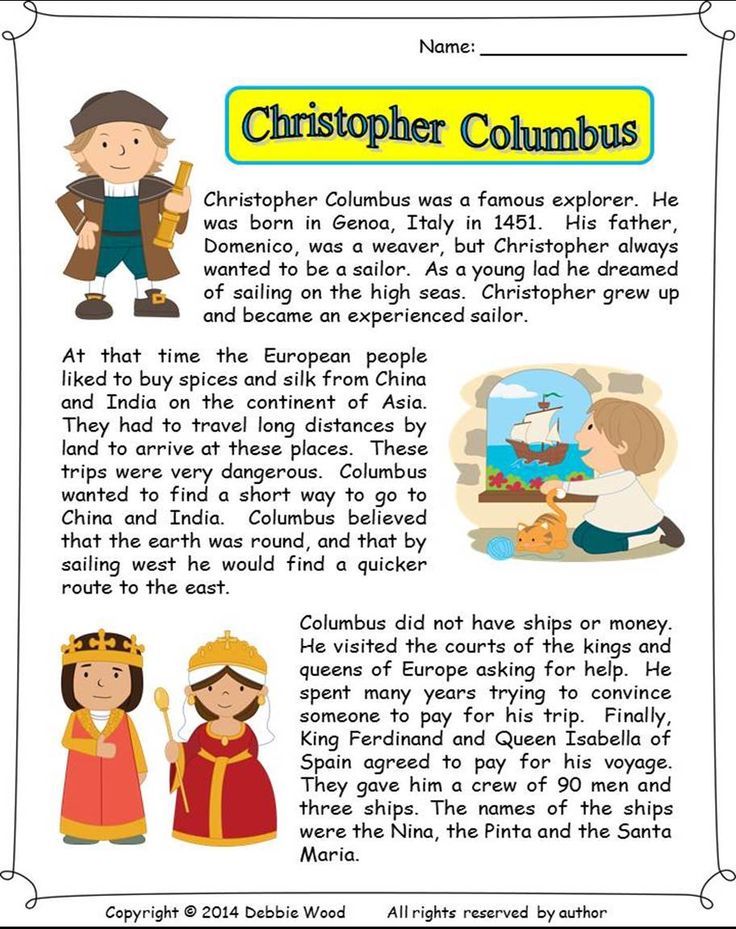
Still, to the saddest overcoated optimist it is a plague--a corroding plague that Pharaoh successfully side-stepped. It beneficently covers the wheat fields, swelling the crop--and the Flour Trust gets us by the throat like a sudden quinsy. It spreads the tail of its white kirtle over the red seams of the rugged north--and the Alaskan short story is born. Etiolated perfidy, it shelters the mountain traveler burrowing from the icy air--and, melting to-morrow, drowns his brother in the valley below.
At its worst it is lock and key and crucible, and the wand of Circe. When it corrals man in lonely ranches, mountain cabins, and forest huts, the snow makes apes and tigers of the hardiest. It turns the bosoms of weaker ones to glass, their tongues to infants' rattles, their hearts to lawlessness and spleen. It is not all from the isolation; the snow is not merely a blockader; it is a Chemical Test. It is a good man who can show a reaction that is not chiefly composed of a drachm or two of potash and magnesia, with traces of Adam, Ananias, Nebuchadnezzar, and the fretful porcupine.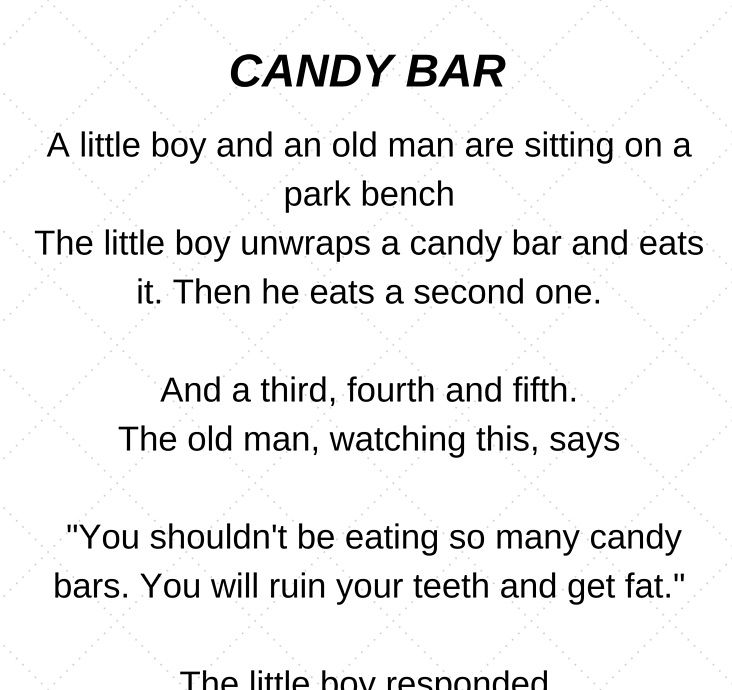
This is no story, you say; well, let it begin.
There was a knock at the door (is the opening not full of context and reminiscence oh, best buyers of best sellers?).
We drew the latch, and in stumbled Etienne Girod (as he afterward named himself). But just then he was no more than a worm struggling for life, enveloped in a killing white chrysalis.
We dug down through snow, overcoats, mufflers, and waterproofs, and dragged forth a living thing with a Van Dyck beard and marvellous diamond rings. We put it through the approved curriculum of snow- rubbing, hot milk, and teaspoonful doses of whiskey, working him up to a graduating class entitled to a diploma of three fingers of rye in half a glassful of hot water. One of the ranch boys had already come from the quarters at Ross's bugle-like yell and kicked the stranger's staggering pony to some sheltered corral where beasts were entertained.
Let a paragraphic biography of Girod intervene.
Etienne was an opera singer originally, we gathered; but adversity and the snow had made him non compos vocis. The adversity consisted of the stranded San Salvador Opera Company, a period of hotel second- story work, and then a career as a professional palmist, jumping from town to town. For, like other professional palmists, every time he worked the Heart Line too strongly he immediately moved along the Line of Least Resistance. Though Etienne did not confide this to us, we surmised that he had moved out into the dusk about twenty minutes ahead of a constable, and had thus encountered the snow. In his most sacred blue language he dilated upon the subject of snow; for Etienne was Paris-born and loved the snow with the same passion that an orchid does.
The adversity consisted of the stranded San Salvador Opera Company, a period of hotel second- story work, and then a career as a professional palmist, jumping from town to town. For, like other professional palmists, every time he worked the Heart Line too strongly he immediately moved along the Line of Least Resistance. Though Etienne did not confide this to us, we surmised that he had moved out into the dusk about twenty minutes ahead of a constable, and had thus encountered the snow. In his most sacred blue language he dilated upon the subject of snow; for Etienne was Paris-born and loved the snow with the same passion that an orchid does.
"Mee-ser-rhable!" commented Etienne, and took another three fingers.
"Complete, cast-iron, pussy-footed, blank... blank!" said Ross, and followed suit.
"Rotten," said I.
The cook said nothing. He stood in the door weighing our outburst; and insistently from behind that frozen visage I got two messages (via the M. A. M wireless). One was that George considered our vituperation against the snow childish; the other was that George did not love Dagoes. Inasmuch as Etienne was a Frenchman, I concluded I had the message wrong. So I queried the other: "Bright eyes, you don't really mean Dagoes, do you?" and over the wireless came three deathly, psychic taps: "Yes." Then I reflected that to George all foreigners were probably "Dagoes." I had once known another camp cook who had thought Mons., Sig., and Millie (Trans-Mississippi for Mlle.) were Italian given names; this cook used to marvel therefore at the paucity of Neo-Roman precognomens, and therefore why not--
One was that George considered our vituperation against the snow childish; the other was that George did not love Dagoes. Inasmuch as Etienne was a Frenchman, I concluded I had the message wrong. So I queried the other: "Bright eyes, you don't really mean Dagoes, do you?" and over the wireless came three deathly, psychic taps: "Yes." Then I reflected that to George all foreigners were probably "Dagoes." I had once known another camp cook who had thought Mons., Sig., and Millie (Trans-Mississippi for Mlle.) were Italian given names; this cook used to marvel therefore at the paucity of Neo-Roman precognomens, and therefore why not--
I have said that snow is a test of men. For one day, two days, Etienne stood at the window, Fletcherizing his finger nails and shrieking and moaning at the monotony. To me, Etienne was just about as unbearable as the snow; and so, seeking relief, I went out on the second day to look at my horse, slipped on a stone, broke my collarbone, and thereafter underwent not the snow test, but the test of flat-on-the-back.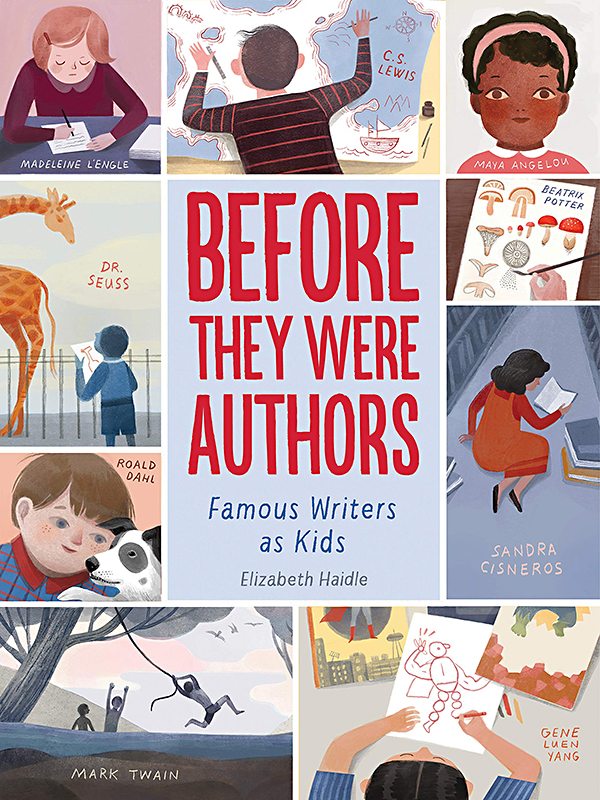 A test that comes once too often for any man to stand.
A test that comes once too often for any man to stand.
However, I bore up cheerfully. I was now merely a spectator, and from my couch in the big room I could lie and watch the human interplay with that detached, impassive, impersonal feeling which French writers tell us is so valuable to the litterateur, and American writers to the faro-dealer.
"I shall go crazy in this abominable, mee-ser-rhable place!" was Etienne's constant prediction.
"Never knew Mark Twain to bore me before," said Ross, over and over. He sat by the other window, hour after hour, a box of Pittsburg stogies of the length, strength, and odor of a Pittsburg graft scandal deposited on one side of him, and "Roughing It," "The Jumping Frog," and "Life on the Mississippi" on the other. For every chapter he lit a new stogy, puffing furiously. This in time, gave him a recurrent premonition of cramps, gastritis, smoker's colic or whatever it is they have in Pittsburg after a too deep indulgence in graft scandals. To fend off the colic, Ross resorted time and again to Old Doctor Still's Amber-Colored U. S. A. Colic Cure. Result, after forty-eight hours--nerves.
To fend off the colic, Ross resorted time and again to Old Doctor Still's Amber-Colored U. S. A. Colic Cure. Result, after forty-eight hours--nerves.
"Positive fact I never knew Mark Twain to make me tired before. Positive fact." Ross slammed "Roughing It" on the floor. "When you're snowbound this-away you want tragedy, I guess. Humor just seems to bring out all your cussedness. You read a man's poor, pitiful attempts to be funny and it makes you so nervous you want to tear the book up, get out your bandana, and have a good, long cry."
At the other end of the room, the Frenchman took his finger nails out of his mouth long enough to exclaim: "Humor! Humor at such a time as thees! My God, I shall go crazy in thees abominable--"
"Supper," announced George.
These meals were not the meals of Rabelais who said, "the great God makes the planets and we make the platters neat." By that time, the ranch-house meals were not affairs of gusto; they were mental distraction, not bodily provender.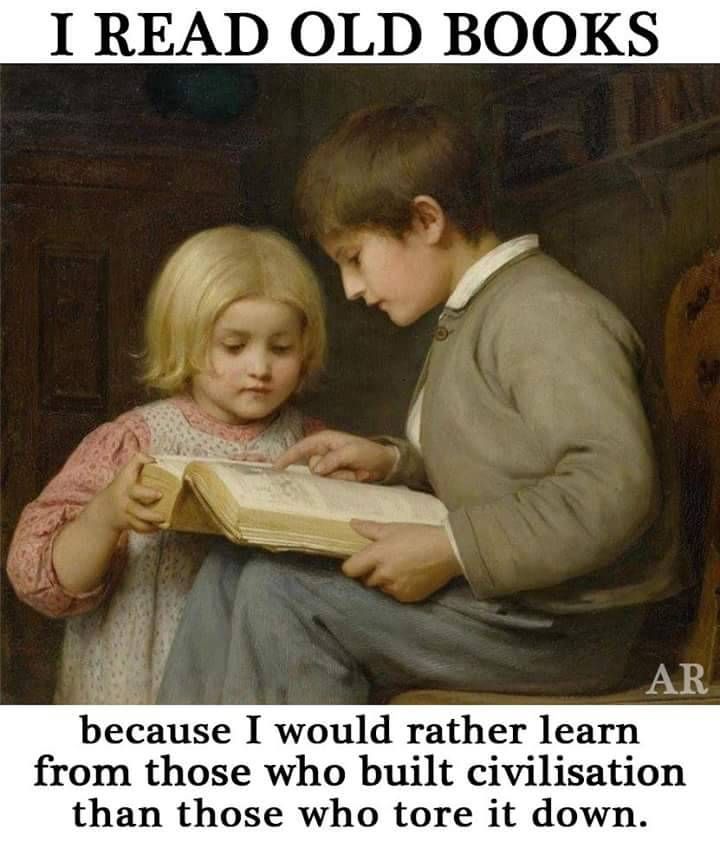 What they were to be later shall never be forgotten by Ross or me or Etienne.
What they were to be later shall never be forgotten by Ross or me or Etienne.
After supper, the stogies and finger nails began again. My shoulder ached wretchedly, and with half-closed eyes I tried to forget it by watching the deft movements of the stolid cook.
Suddenly I saw him cock his ear, like a dog. Then, with a swift step, he moved to the door, threw it open, and stood there.
The rest of us had heard nothing.
"What is it, George?" asked Ross.
The cook reached out his hand into the darkness alongside the jamb. With careful precision he prodded something. Then he made one careful step into the snow. His back muscles bulged a little under the arms as he stooped and lightly lifted a burden. Another step inside the door, which he shut methodically behind him, and he dumped the burden at a safe distance from the fire.
He stood up and fixed us with a solemn eye. None of us moved under that Orphic suspense until,
"A woman," remarked George.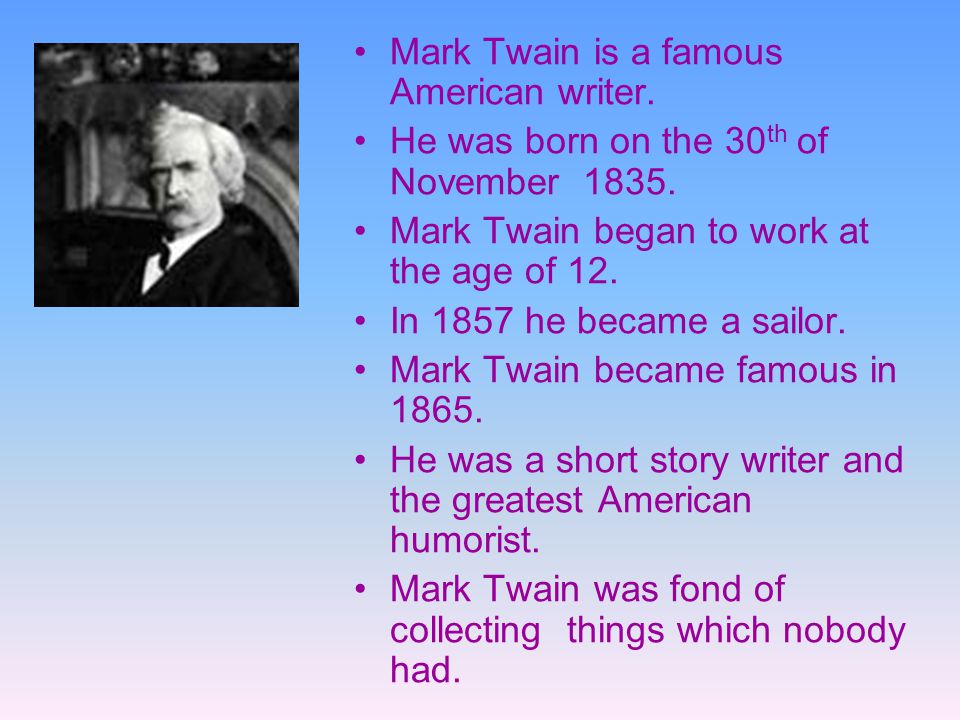
Miss Willie Adams was her name. Vocation, school-teacher. Present avocation, getting lost in the snow. Age, yum-yum (the Persian for twenty). Take to the woods if you would describe Miss Adams. A willow for grace; a hickory for fibre; a birch for the clear whiteness of her skin; for eyes, the blue sky seen through treetops; the silk in cocoons for her hair; her voice, the murmur of the evening June wind in the leaves; her mouth, the berries of the wintergreen; fingers as light as ferns; her toe as small as a deer track. General impression upon the dazed beholder--you could not see the forest for the trees.
Psychology, with a capital P and the foot of a lynx, at this juncture stalks into the ranch house. Three men, a cook, a pretty young woman --all snowbound. Count me out of it, as I did not count, anyway. I never did, with women. Count the cook out, if you like. But note the effect upon Ross and Etienne Girod.
Ross dumped Mark Twain in a trunk and locked the trunk.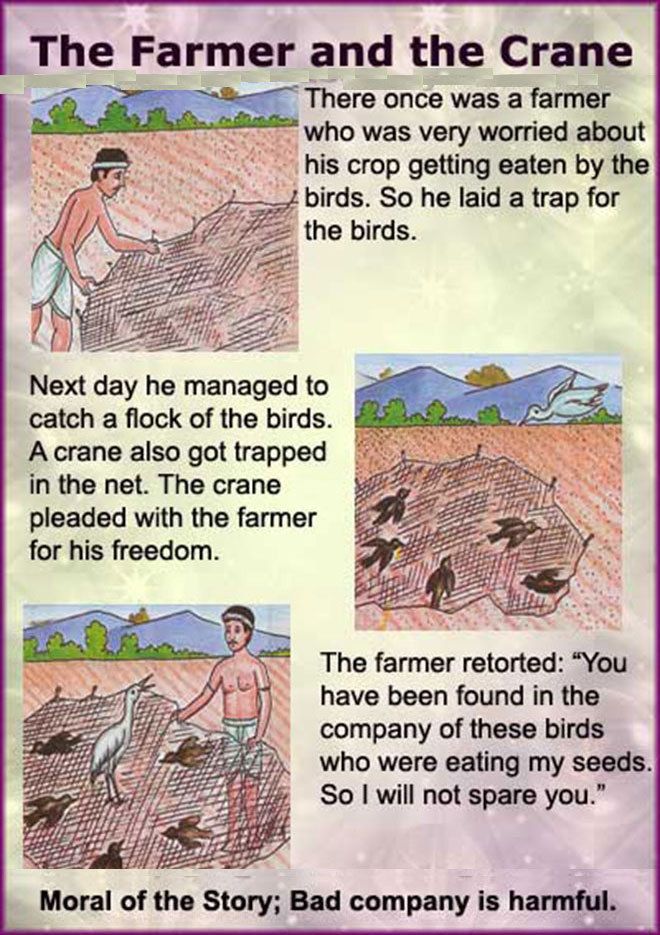 Also, he discarded the Pittsburg scandals. Also, he shaved off a three days' beard.
Also, he discarded the Pittsburg scandals. Also, he shaved off a three days' beard.
Etienne, being French, began on the beard first. He pomaded it, from a little tube of grease Hongroise in his vest pocket. He combed it with a little aluminum comb from the same vest pocket. He trimmed it with manicure scissors from the same vest pocket. His light and Gallic spirits underwent a sudden, miraculous change. He hummed a blithe San Salvador Opera Company tune; he grinned, smirked, bowed, pirouetted, twiddled, twaddled, twisted, and tooralooed. Gayly, the notorious troubadour, could not have equalled Etienne.
Ross's method of advance was brusque, domineering. "Little woman," he said, "you're welcome here!"--and with what he thought subtle double meaning--"welcome to stay here as long as you like, snow or no snow."
Miss Adams thanked him a little wildly, some of the wintergreen berries creeping into the birch bark. She looked around hurriedly as if seeking escape. But there was none, save the kitchen and the room allotted her.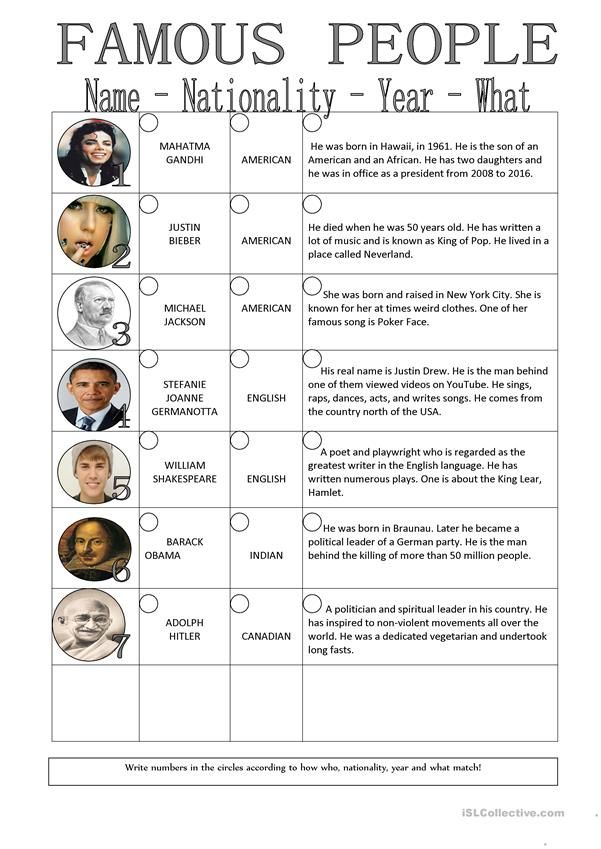 She made an excuse and disappeared into her own room.
She made an excuse and disappeared into her own room.
Later I, feigning sleep, heard the following:
"Mees Adams, I was almost to perislh-die-of monotony w'en your fair and beautiful face appear in thees mee-ser-rhable house." I opened my starboard eye. The beard was being curled furiously around a finger, the Svengali eye was rolling, the chair was being hunched closer to the school-teacher's. "I am French--you see--temperamental--nervous! I cannot endure thees dull hours in thees ranch house; but--a woman comes! Ah!" The shoulders gave nine 'rahs and a tiger. "What a difference! All is light and gay; ever'ting smile w'en you smile. You have 'eart, beauty, grace. My 'eart comes back to me w'en I feel your 'eart. So!" He laid his hand upon his vest pocket. From this vantage point he suddenly snatched at the school-teacher's own hand, "Ah! Mees Adams, if I could only tell you how I ad--"
"Dinner," remarked George. He was standing just behind the Frenchman's ear. His eyes looked straight into the school-teacher's eyes.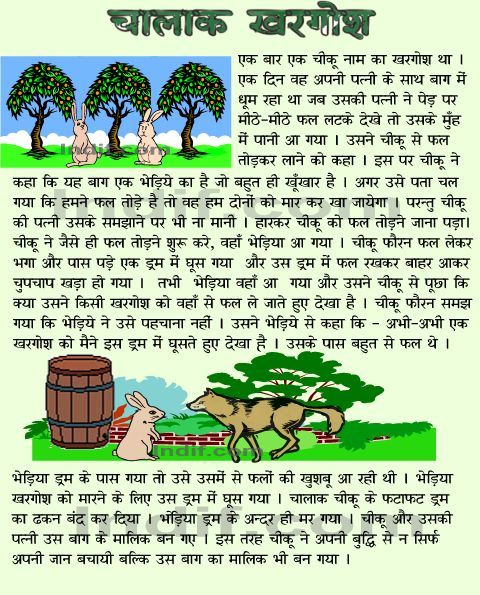 After thirty seconds of survey, his lips moved, deep in the flinty, frozen maelstrom of his face: "Dinner," he concluded, "will be ready in two minutes."
After thirty seconds of survey, his lips moved, deep in the flinty, frozen maelstrom of his face: "Dinner," he concluded, "will be ready in two minutes."
Miss Adams jumped to her feet, relieved. "I must get ready for dinner," she said brightly, and went into her room.
Ross came in fifteen minutes late. After the dishes had been cleaned away, I waited until a propitious time when the room was temporarily ours alone, and told him what had happened.
He became so excited that he lit a stogy without thinking. "Yeller- hided, unwashed, palm-readin' skunk," he said under his breath. "I'll shoot him full o' holes if he don't watch out--talkin' that way to my wife!"
I gave a jump that set my collarbone back another week. "Your wife!" I gasped.
"Well, I mean to make her that," he announced.
The air in the ranch house the rest of that day was tense with pent-up emotions, oh, best buyers of best sellers.
Ross watched Miss Adams as a hawk does a hen; he watched Etienne as a hawk does a scarecrow, Etienne watched Miss Adams as a weasel does a henhouse.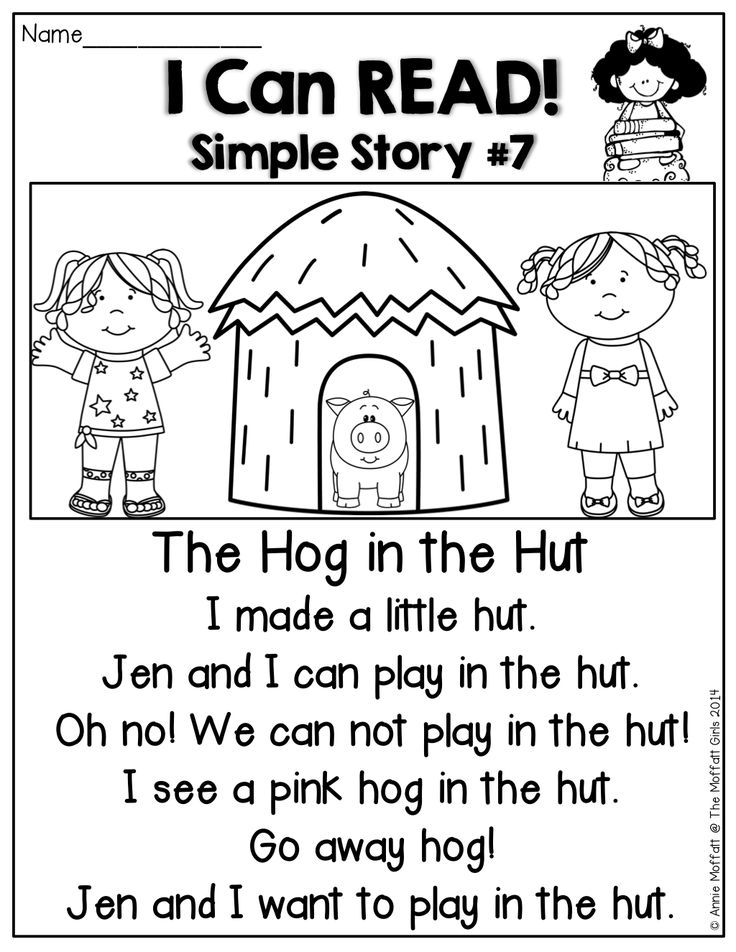 He paid no attention to Ross.
He paid no attention to Ross.
The condition of Miss Adams, in the role of sought-after, was feverish. Lately escaped from the agony and long torture of the white cold, where for hours Nature had kept the little school-teacher's vision locked in and turned upon herself, nobody knows through what profound feminine introspections she had gone. Now, suddenly cast among men, instead of finding relief and security, she beheld herself plunged anew into other discomforts. Even in her own room she could hear the loud voices of her imposed suitors. "I'll blow you full o' holes!" shouted Ross. "Witnesses," shrieked Etienne, waving his hand at the cook and me. She could not have known the previous harassed condition of the men, fretting under indoor conditions. All she knew was, that where she had expected the frank freemasonry of the West, she found the subtle tangle of two men's minds, bent upon exacting whatever romance there might be in her situation.
She tried to dodge Ross and the Frenchman by spells of nursing me. They also came over to help nurse. This combination aroused such a natural state of invalid cussedness on my part that they were all forced to retire. Once she did manage to whisper: "I am so worried here. I don't know what to do."
They also came over to help nurse. This combination aroused such a natural state of invalid cussedness on my part that they were all forced to retire. Once she did manage to whisper: "I am so worried here. I don't know what to do."
To which I replied, gently, hitching up my shoulder, that I was a hunch-savant and that the Eighth House under this sign, the Moon being in Virgo, showed that everything would turn out all right.
But twenty minutes later I saw Etienne reading her palm and felt that perhaps I might have to recast her horoscope, and try for a dark man coming with a bundle.
Toward sunset, Etienne left the house for a few moments and Ross, who had been sitting taciturn and morose, having unlocked Mark Twain, made another dash. It was typical Ross talk.
He stood in front of her and looked down majestically at that cool and perfect spot where Miss Adams' forehead met the neat part in her fragrant hair. First, however, he cast a desperate glance at me. I was in a profound slumber.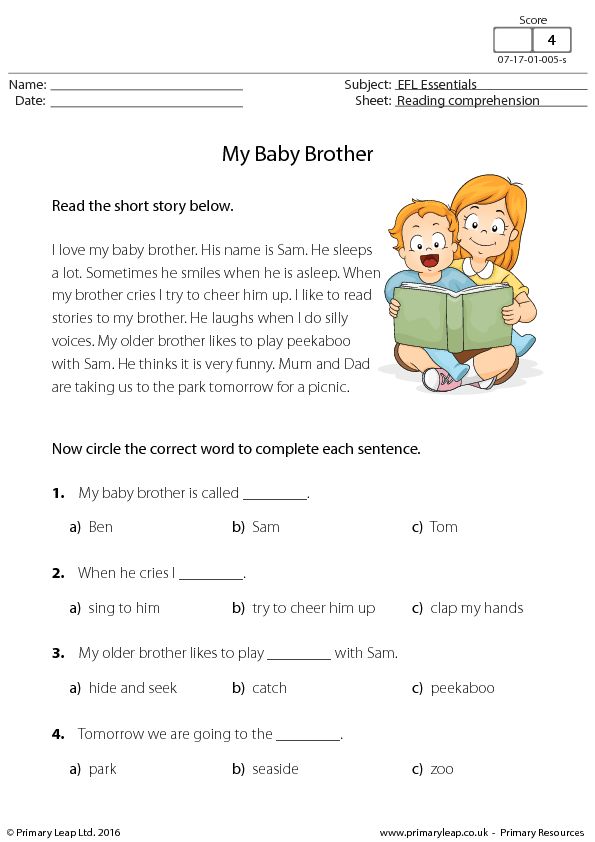
"Little woman," he began, "it's certainly tough for a man like me to see you bothered this way. You"--gulp--"you have been alone in this world too long. You need a protector. I might say that at a time like this you need a protector the worst kind--a protector who would take a three-ring delight in smashing the saffron-colored kisser off of any yeller-skinned skunk that made himself obnoxious to you. Hem. Hem. I am a lonely man, Miss Adams. I have so far had to carry on my life without the"--gulp--"sweet radiance"--gulp--"of a woman around the house. I feel especially doggoned lonely at a time like this, when I am pretty near locoed from havin' to stall indoors, and hence it was with delight I welcomed your first appearance in this here shack. Since then I have been packed jam full of more different kinds of feelings, ornery, mean, dizzy, and superb, than has fallen my way in years."
Miss Adams made a useless movement toward escape. The Ross chin stuck firm. "I don't want to annoy you, Miss Adams, but, by heck, if it comes to that you'll have to be annoyed.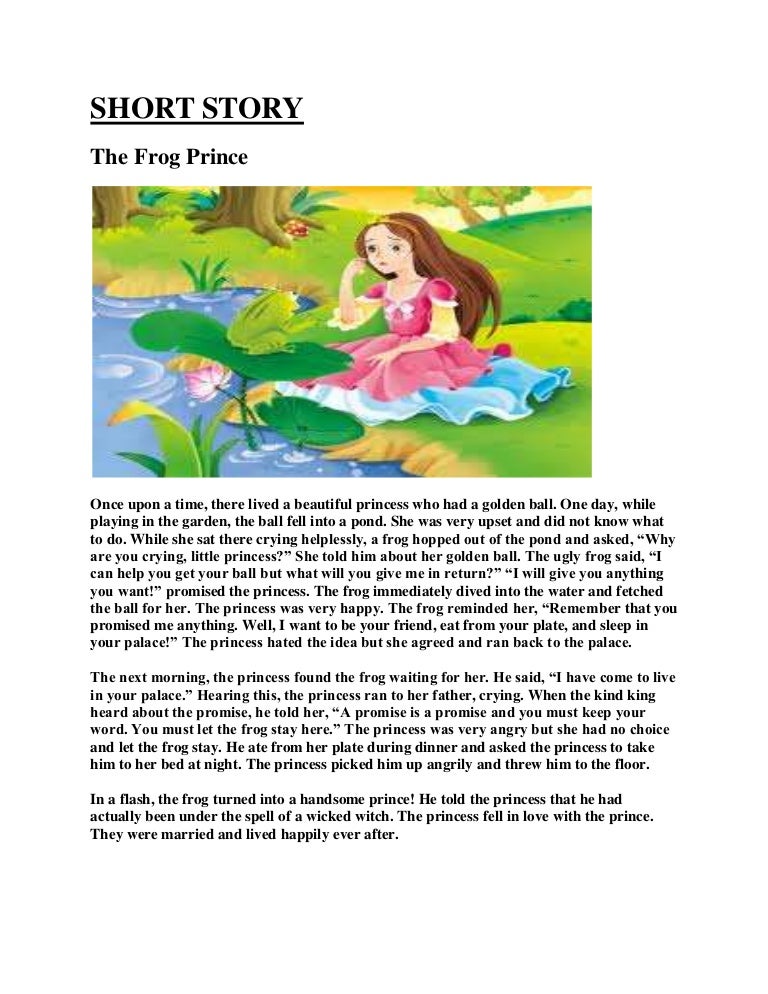 And I'll have to have my say. This palm-ticklin' slob of a Frenchman ought to be kicked off the place and if you'll say the word, off he goes. But I don't want to do the wrong thing. You've got to show a preference. I'm gettin' around to the point, Miss--Miss Willie, in my own brick fashion. I've stood about all I can stand these last two days and somethin's got to happen. The suspense hereabouts is enough to hang a sheepherder. Miss Willie"--he lassooed her hand by main force--"just say the word. You need somebody to take your part all your life long. Will you mar--"
And I'll have to have my say. This palm-ticklin' slob of a Frenchman ought to be kicked off the place and if you'll say the word, off he goes. But I don't want to do the wrong thing. You've got to show a preference. I'm gettin' around to the point, Miss--Miss Willie, in my own brick fashion. I've stood about all I can stand these last two days and somethin's got to happen. The suspense hereabouts is enough to hang a sheepherder. Miss Willie"--he lassooed her hand by main force--"just say the word. You need somebody to take your part all your life long. Will you mar--"
"Supper," remarked George, tersely, from the kitchen door.
Miss Adams hurried away.
Ross turned angrily. "You--"
"I have been revolving it in my head," said George.
He brought the coffee pot forward heavily. Then bravely the big platter of pork and beans. Then somberly the potatoes. Then profoundly the biscuits. "I have been revolving it in my mind. There ain't no use waitin' any longer for Swengalley.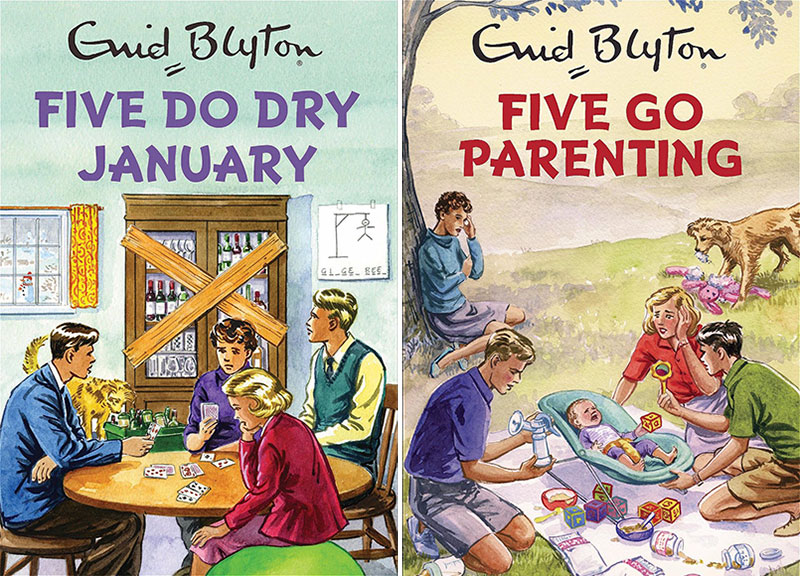 Might as well eat now."
Might as well eat now."
>From my excellent vantage-point on the couch I watched the progress of that meal. Ross, muddled, glowering, disappointed; Etienne, eternally blandishing, attentive, ogling; Miss Adams, nervous, picking at her food, hesitant about answering questions, almost hysterical; now and then the solid, flitting shadow of the cook, passing behind their backs like a Dreadnaught in a fog.
I used to own a clock which gurgled in its throat three minutes before it struck the hour. I know, therefore, the slow freight of Anticipation. For I have awakened at three in the morning, heard the clock gurgle, and waited those three minutes for the three strokes I knew were to come. Alors. In Ross's ranch house that night the slow freight of Climax whistled in the distance.
Etienne began it after supper. Miss Aclams had suddenly displayed a lively interest in the kitchen layout and I could see her in there, chatting brightly at George--not with him--the while he ducked his head and rattled his pans.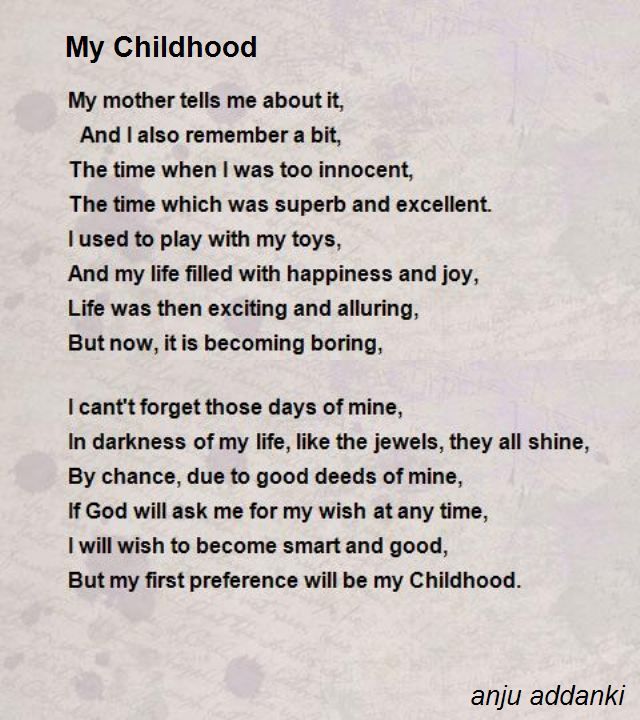
"My fren'," said Etienne, exhaling a large cloud from his cigarette and patting Ross lightly on the shoulder with a bediamonded hand which, hung limp from a yard or more of bony arm, "I see I mus' be frank with you. Firs', because we are rivals; second, because you take these matters so serious. I--I am Frenchman. I love the women" --he threw back his curls, bared his yellow teeth, and blew an unsavory kiss toward the kitchen. "It is, I suppose, a trait of my nation. All Frenchmen love the women--pretty women. Now, look: Here I am!" He spread out his arms. "Cold outside! I detes' the col-l-l! Snow! I abominate the mees-ser-rhable snow! Two men! This--" pointing to me--"an' this!" Pointing to' Ross. "I am distracted! For two whole days I stan' at the window an' tear my 'air! I am nervous, upset, pr-r-ro-foun'ly distress inside my 'ead! An' suddenly--be'old! A woman, a nice, pretty, charming, innocen' young woman! I, naturally, rejoice. I become myself again--gay, light-'earted, "appy.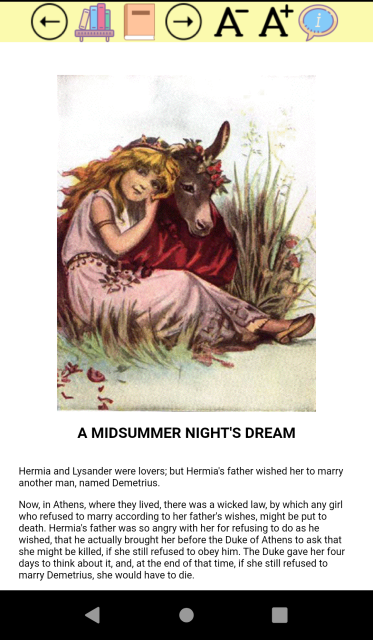 I address myself to mademoiselle; it passes the time. That, m'sieu', is wot the women are for--pass the time! Entertainment--like the music, like the wine!
I address myself to mademoiselle; it passes the time. That, m'sieu', is wot the women are for--pass the time! Entertainment--like the music, like the wine!
"They appeal to the mood, the caprice, the temperamen'. To play with thees woman, follow her through her humor, pursue her--ah! that is the mos' delightful way to sen' the hours about their business."
Ross banged the table. "Shut up, you miserable yeller pup!" he roared. "I object to your pursuin' anything or anybody in my house. Now, you listen to me, you--" He picked up the box of stogies and used it on the table as an emphasizer. The noise of it awoke the attention of the girl in the kitchen. Unheeded, she crept into the room. "I don't know anything about your French ways of lovemakin' an' I don't care. In my section of the country, it's the best man wins. And I'm the best man here, and don't you forget it! This girl's goin' to be mine. There ain't g'oing to be any playing, or philandering, or palm reading about it.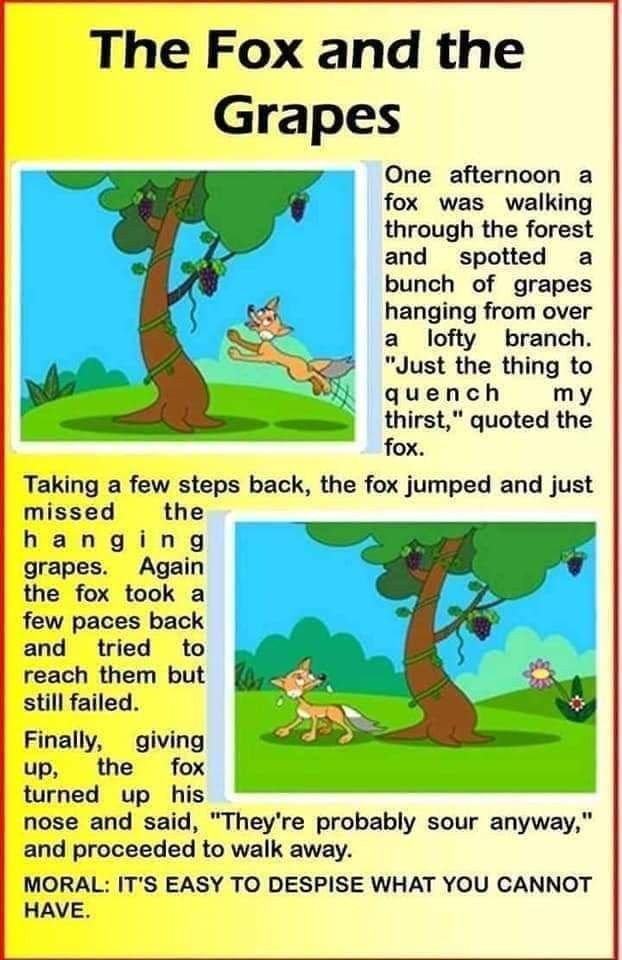 I've made up my mind I'll have this girl, and that settles it. My word is the law in this neck o' the woods. She's mine, and as soon as she says she's mine, you pull out." The box made one final, tremendous punctuation point.
I've made up my mind I'll have this girl, and that settles it. My word is the law in this neck o' the woods. She's mine, and as soon as she says she's mine, you pull out." The box made one final, tremendous punctuation point.
Etienne's bravado was unruffled. "Ah! that is no way to win a woman," he smiled, easily. "I make prophecy you will never win 'er that way. No. Not thees woman. She mus' be played along an' then keessed, this charming, delicious little creature. One kees! An' then you 'ave her." Again he displayed his unpleasant teeth. "I make you a bet I will kees her--"
As a cheerful chronicler of deeds done well, it joys me to relate that the hand which fell upon Etienne's amorous lips was not his own. There was one sudden sound, as of a mule kicking a lath fence, and then--through the swinging doors of oblivion for Etienne.
I had seen this blow delivered. It was an aloof, unstudied, almost absent-minded affair. I had thought the cook was rehearsing the proper method of turning a flapjack.
Silently, lost in thought, he stood there scratching his head. Then he began rolling down his sleeves.
"You'd better get your things on, Miss, and we'll get out of here," he decided. "Wrap up warm."
I heard her heave a little sigh of relief as she went to get her cloak, sweater, and hat.
Ross jumped to his feet, and said: "George, what are you goin' to do?"
George, who had been headed in my direction, slowly swivelled around and faced his employer. "Bein' a camp cook, I ain't over-burdened with hosses," George enlightened us. "Therefore, I am going to try to borrow this feller's here."
For the first time in four days my soul gave a genuine cheer. "If it's for Lochinvar purposes, go as far as you like," I said, grandly.
The cook studied me a moment, as if trying to find an insult in my words. "No," he replied. "It's for mine and the young lady's purposes, and we'll go only three miles--to Hicksville. Now let me tell you somethin', Ross." Suddenly I was confronted with the cook's chunky back and I heard a low, curt, carrying voice shoot through the room at my host. George had wheeled just as Ross started to speak. "You're nutty. That's what's the matter with you. You can't stand the snow. You're getting nervouser, and nuttier every day. That and this Dago"--he jerked a thumb at the half-dead Frenchman in the corner--"has got you to the point where I thought I better horn in. I got to revolving it around in my mind and I seen if somethin' wasn't done, and done soon, there'd be murder around here and maybe" --his head gave an imperceptible list toward the girl's room--"worse."
George had wheeled just as Ross started to speak. "You're nutty. That's what's the matter with you. You can't stand the snow. You're getting nervouser, and nuttier every day. That and this Dago"--he jerked a thumb at the half-dead Frenchman in the corner--"has got you to the point where I thought I better horn in. I got to revolving it around in my mind and I seen if somethin' wasn't done, and done soon, there'd be murder around here and maybe" --his head gave an imperceptible list toward the girl's room--"worse."
He stopped, but he held up a stubby finger to keep any one else from speaking. Then he plowed slowly through the drift of his ideas. "About this here woman. I know you, Ross, and I know what you reely think about women. If she hadn't happened in here durin' this here snow, you'd never have given two thoughts to the whole woman question. Likewise, when the storm clears, and you and the boys go hustlin' out, this here whole business 'll clear out of your head and you won't think of a skirt again until Kingdom Come.![]() Just because o' this snow here, don't forget you're living in the selfsame world you was in four days ago. And you're the same man, too. Now, what's the use o' getting all snarled up over four days of stickin' in the house? That there's what I been revolvin' in my mind and this here's the decision I've come to."
Just because o' this snow here, don't forget you're living in the selfsame world you was in four days ago. And you're the same man, too. Now, what's the use o' getting all snarled up over four days of stickin' in the house? That there's what I been revolvin' in my mind and this here's the decision I've come to."
He plodded to the door and shouted to one of the ranch hands to saddle my horse.
Ross lit a stogy and stood thoughtful in the middle of the room. Then he began: "I've a durn good notion, George, to knock your confounded head off and throw you into that snowbank, if--"
"You're wrong, mister. That ain't a durned good notion you've got. It's durned bad. Look here!" He pointed steadily out of doors until we were both forced to follow his finger. "You're in here for more'n a week yet." After allowing this fact to sink in, he barked out at Ross: "Can you cook?" Then at me: "Can you cook?" Then he looked at the wreck of Etienne and sniffed.
There was an embarrassing silence as Ross and I thought solemnly of a foodless week.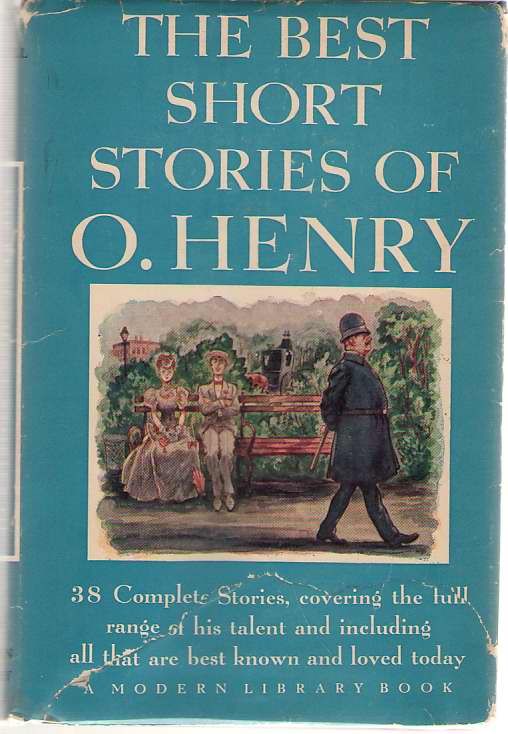
"If you just use hoss sense," concluded George, "and don't go for to hurt my feelin's, all I want to do is to take this young gal down to Hicksville; and then I'll head back here and cook fer you."
The horse and Miss Adams arrived simultaneously, both of them very serious and quiet. The horse because he knew what he had before him in that weather; the girl because of what she had left behind.
Then all at once I awoke to a realization of what the cook was doing. "My God, man!" I cried, "aren't you afraid to go out in that snow?"
Behind my back I heard Ross mutter, "Not him."
George lifted the girl daintily up behind the saddle, drew on his gloves, put his foot in the stirrup, and turned to inspect me leisurely.
As I passed slowly in his review, I saw in my mind's eye the algebraic equation of Snow, the equals sign, and the answer in the man before me.
"Snow is my last name," said George. He swung into the saddle and they started cautiously out into the darkening swirl of fresh new currency just issuing from the Snowdrop Mint.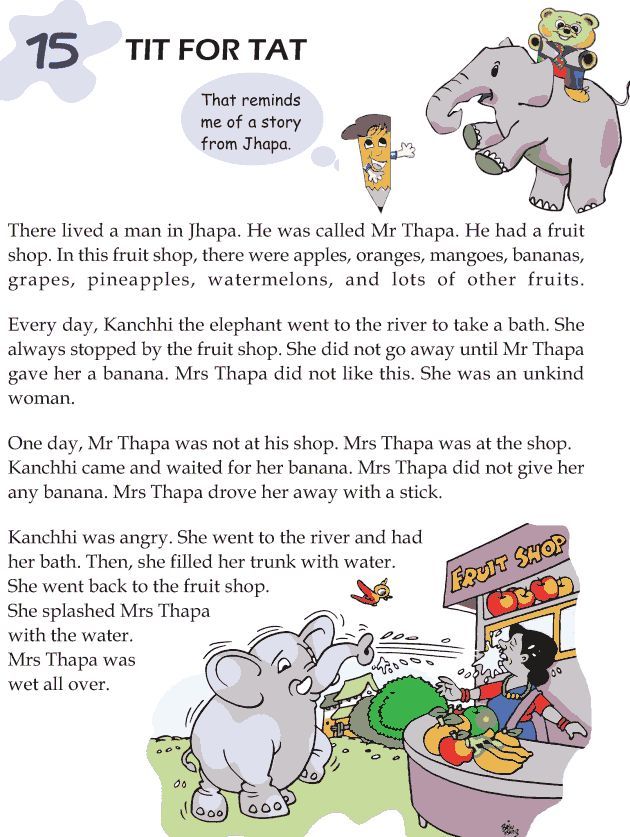 The girl, to keep her place, clung happily to the sturdy figure of the camp cook.
The girl, to keep her place, clung happily to the sturdy figure of the camp cook.
I brought three things away from Ross Curtis's ranch house--yes, four. One was the appreciation of snow, which I have so humbly tried here to render; (2) was a collarbone, of which I am extra careful; (3) was a memory of what it is to eat very extremely bad food for a week; and (4) was the cause of (3) a little note delivered at the end of the week and hand-painted in blue pencil on a sheet of meat paper.
"I cannot come back there to that there job. Mrs. Snow say no, George. I been revolvin' it in my mind; considerin' circumstances she's right."
The Snow Man was featured as The Short Story of the Day on Thu, Jan 05, 2023
Add The Snow Man to your library.
90,000 TOP 10 children's books that everyone should read 90,001 TOP 10 children's books that everyone should readOorfene Deuce and his wooden soldiers
A photo: philologist.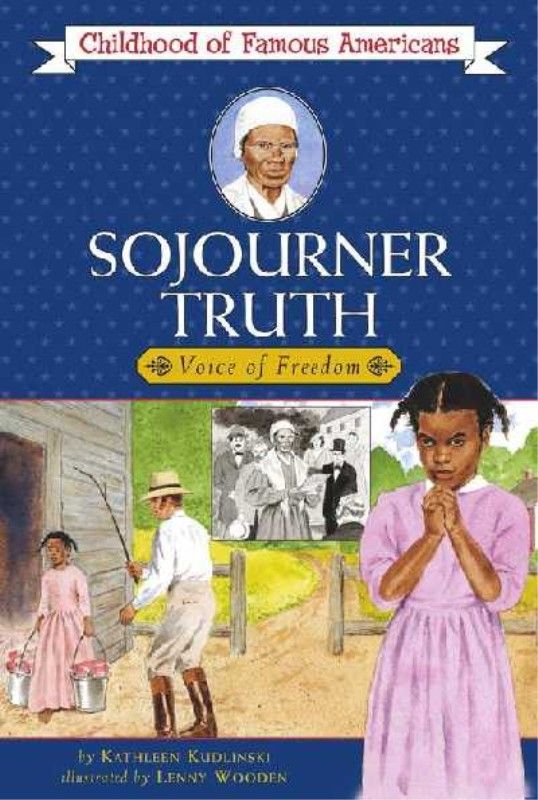 livejournal.com nine0003
livejournal.com nine0003
Harry Potter
A photo: dnevniki.ykt.ru
Alice in Wonderland
A photo: vsegda-tvoj.livejournal.com
Moomin
A photo: en.wikipedia.org nine0003
The Chronicles of Narnia
A photo: nevsepic.com.ua
Urfin Deuce and his wooden soldiers
A photo: philologist.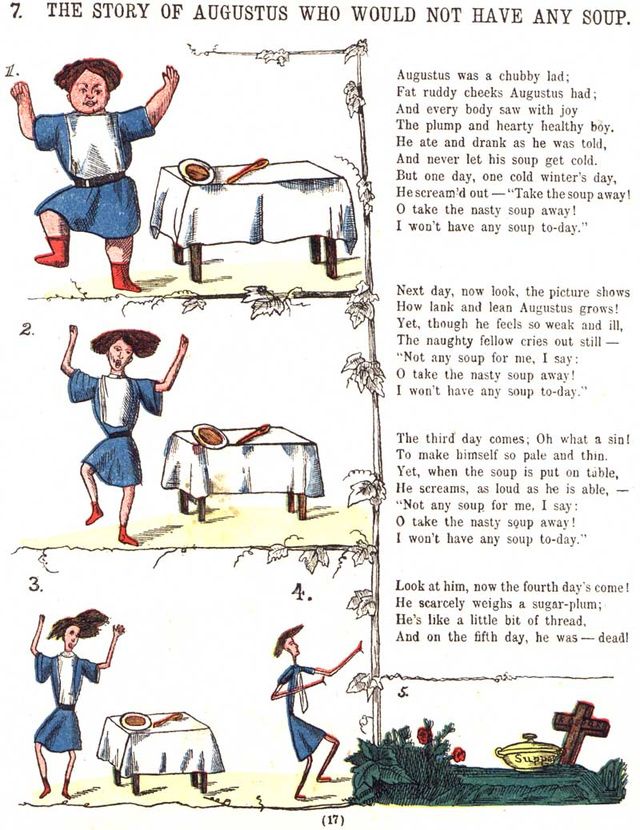 livejournal.com
livejournal.com
Deniska's stories
A photo: labyrinth.ru nine0003
Oorfene Deuce and his wooden soldiers
A photo: philologist.livejournal.com
The Golden Key, or the Adventures of Pinocchio
A photo: lotussoft.biz
nine0038 Oorfene Deuce and His Wooden Soldiers (1963) The second book in the Magical Land series written by Alexander Volkov.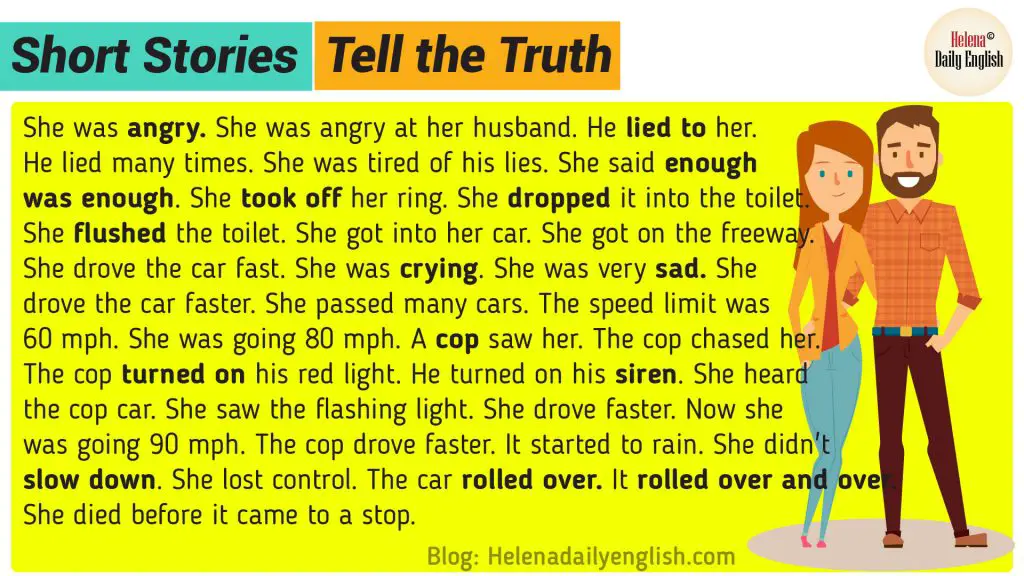 If the first part, The Wizard of the Emerald City, relied on the American Layman Baum's fairy tale about the land of Oz, then the story of Oorfene and all subsequent ones are exclusively Volkov's imagination. Events unfold after the death of the sorceress Gingema. Oorfene Deuce, a carpenter and her former assistant, declares herself the successor, revives an army of hand-carved wooden soldiers, and captures the Emerald City. He is helped by a revived bear skin and a wooden clown. The familiar company will confront the villain - Ellie, the Tin Woodman, the Scarecrow and the Bold Lion. Illustrations for Volkov's books were created by the artist Leonid Vladimirsky, the girl Ellie looks like his daughter. In the spring of 2017, a full-length cartoon from the Melnitsa studio was released. nine0003
If the first part, The Wizard of the Emerald City, relied on the American Layman Baum's fairy tale about the land of Oz, then the story of Oorfene and all subsequent ones are exclusively Volkov's imagination. Events unfold after the death of the sorceress Gingema. Oorfene Deuce, a carpenter and her former assistant, declares herself the successor, revives an army of hand-carved wooden soldiers, and captures the Emerald City. He is helped by a revived bear skin and a wooden clown. The familiar company will confront the villain - Ellie, the Tin Woodman, the Scarecrow and the Bold Lion. Illustrations for Volkov's books were created by the artist Leonid Vladimirsky, the girl Ellie looks like his daughter. In the spring of 2017, a full-length cartoon from the Melnitsa studio was released. nine0003
Alice in Wonderland (1865)
A fairy tale written by the English mathematician Charles Lutwidge Johnson (aka Lewis Carroll). Good for children and especially good if re-read as an adult: familiar adventures are overgrown with additional meanings, philosophical jokes and allusions. Still, after all, "Alice" is one of the best examples of literature in the genre of the absurd, and concurrently - the progenitor of the many-sided fantasy genre. The first illustrations for the fairy tale were created by the author himself, but the black-and-white drawings of the cartoonist John Tenniel are considered canonical. nine0003
Good for children and especially good if re-read as an adult: familiar adventures are overgrown with additional meanings, philosophical jokes and allusions. Still, after all, "Alice" is one of the best examples of literature in the genre of the absurd, and concurrently - the progenitor of the many-sided fantasy genre. The first illustrations for the fairy tale were created by the author himself, but the black-and-white drawings of the cartoonist John Tenniel are considered canonical. nine0003
Moomintrolls (1945 - 1993)
Funny Moomin trolls and the whole Moomin Valley, inhabited by other extraordinary characters, were invented by the Finnish writer Tove Jansson. She also left dozens of drawings that clearly illustrate some of the adventures of the descendants of the Scandinavian trolls, and later drew comics about the Moomins.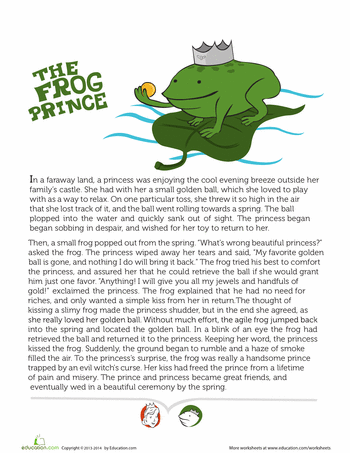 Books are imbued with goodness, humor and optimism, and some quotes want to be hung on the wall. For example, this one: "Everyone needs warmth and light, even Morra." There are many adaptations, including a series of Soviet puppet cartoons. nine0003
Books are imbued with goodness, humor and optimism, and some quotes want to be hung on the wall. For example, this one: "Everyone needs warmth and light, even Morra." There are many adaptations, including a series of Soviet puppet cartoons. nine0003
Chronicles of Narnia (1950 - 1956)
During the bombing of London in 1940, four Pevensie children are evacuated to the home of an old family friend. There, playing hide and seek, the younger girl Lucy hides in the Wardrobe and finds her way to Narnia, a magical land where animals can talk and magic is as natural as breathing. The cycle includes seven books published since 1950 to 1956. The stories contain Christian ideas. In the head of the author, Clive Lewis, it all began with images of a faun carrying an umbrella, a queen on a sleigh, and a magnificent lion.
Harry Potter (1997 - 2016) nine0039
The most famous modern fairy tale that managed to tear children away from TVs and computers and put them back to reading. And voluntarily and for a long time. Consists of seven parts, full of magical adventures that gradually become darker and more dangerous. It all starts with a boy named Harry, who one day finds out that he is a wizard. Then there will be years of study at the Hogwarts School of Witchcraft and Wizardry, the first flights on a broom, circulating potions, forays into the Forbidden Forest, dangerous magical competitions and a constant struggle with evil forces. Written by British writer JK Rowling. The first print run was only 1,000 copies.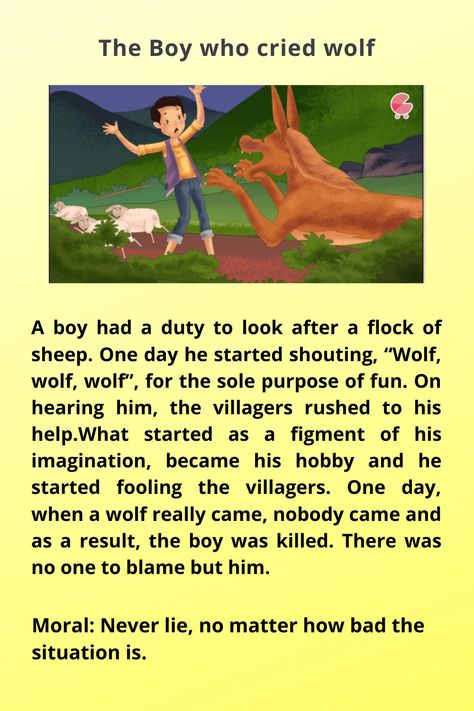 The total circulation of all books is more than 300 million copies. The most famous series of illustrations was created by the artist Jim Kay. nine0003
The total circulation of all books is more than 300 million copies. The most famous series of illustrations was created by the artist Jim Kay. nine0003
Deniska stories (1959)
A book by the Soviet writer Viktor Dragunsky, which must be given to children. It was included in the list of "100 books for schoolchildren", but more importantly, the fact that it is hilariously funny. In the center of the story is the mischievous boy Denis, who constantly gets into funny situations: either he pours porridge on the head of a passerby, or he flies up under the dome of the circus. The action takes place in Moscow in the late 1950s. The prototype of the protagonist was the writer's son, and one of the stories mentions the birth of his younger sister Xenia.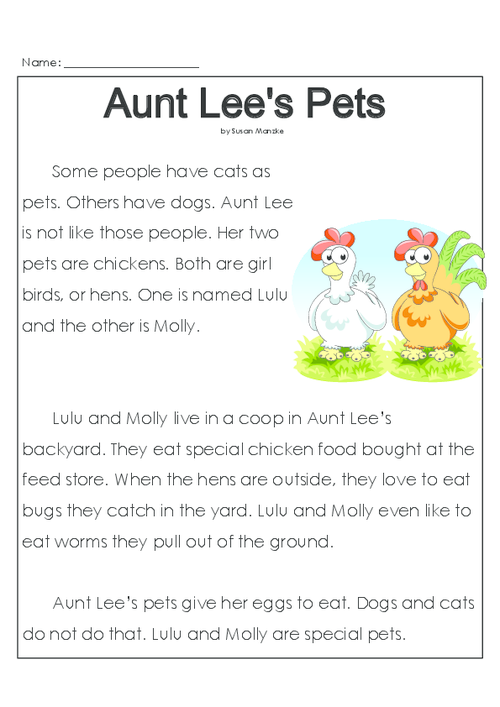 The book received more than a dozen adaptations in the 60s and 70s, and its audio version is impossible to listen to without giggling. nine0003
The book received more than a dozen adaptations in the 60s and 70s, and its audio version is impossible to listen to without giggling. nine0003
Charlie and the Chocolate Factory (1964)
A fairy tale story by the English writer Roald Dahl about a boy named Charlie Bucket. He lives in a tiny house on the outskirts, his family is so poor that Charlie can only get one chocolate bar a year - for his birthday. Everything changes when Charlie finds the Golden Ticket in one of Wonka's amazingly delicious chocolates and enters the Chocolate Factory of the eccentric confectioner Willy Wonka. The most famous film adaptation was made by director Tim Burton, the role of Willy Wonka was played by Johnny Depp.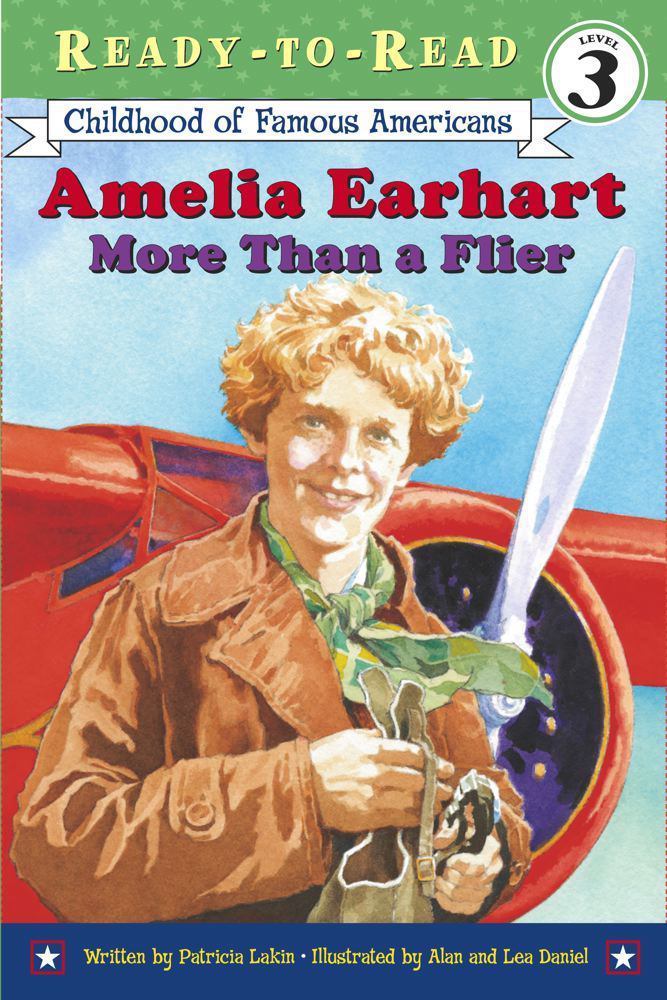 Dahl's children's books are distinguished by the presence of black humor, rudeness, unexpected endings and boundless fun - not only children, but also adults cannot be torn away. nine0003
Dahl's children's books are distinguished by the presence of black humor, rudeness, unexpected endings and boundless fun - not only children, but also adults cannot be torn away. nine0003
Peter Pan (1902-1904)
The story of a boy who did not want to grow up was invented by the Scottish playwright and novelist James Barry in the early 1900s. The literary basis is different from the widely known Disney cartoon. James Barry wrote two stories: in the first, Peter Pan escapes from the house through the chimney and flies away to Kensington Gardens, and in the second he meets Wendy and shows her Neverland. Later she wrote a play. The character was based on Michael Davis, one of the writer's five adopted children (he became the guardian of the five sons of his close friends when they died). nine0003
nine0003
The Golden Key, or the Adventures of Pinocchio (1936)
First, the writer Alexei Nikolayevich Tolstoy, being in exile, undertook to translate the Italian fairy tale by Carlo Collodi about the adventures of Pinocchio. In the process, Tolstoy got carried away and created his own version of the original story: less moralistic, more adventurous and fun. Tolstoy later wrote a play and a screenplay for the film. At first, the illustrations for the books were black and white, then colored watercolors. Subsequent editions have been illustrated by many famous artists in a variety of styles, including caricature sketches and abstractions. The fairy tale has several adaptations, the most famous version is directed by Leonid Nechaev (1975).
Old Man Hottabych (1938)
Soviet fairy tale by Lazar Lagin, published in three editions: 1938, 1953 and 1955. The further, the more ideologized and political the text becomes, anti-capitalist inserts and attacks against the United States appear. And in the original, this is a kind fairy tale about the pioneer Volka Kostylkov, who fished out an old jug from the Moscow River and released a genie. Based on the story, a feature film was made (1956).
If you find a typo or error, select the text fragment containing it and press Ctrl + ↵
Select mailing list:
By clicking on the "Subscribe" button, you agree to the transfer and processing of the provided personal information in accordance with the terms of the Privacy Policy.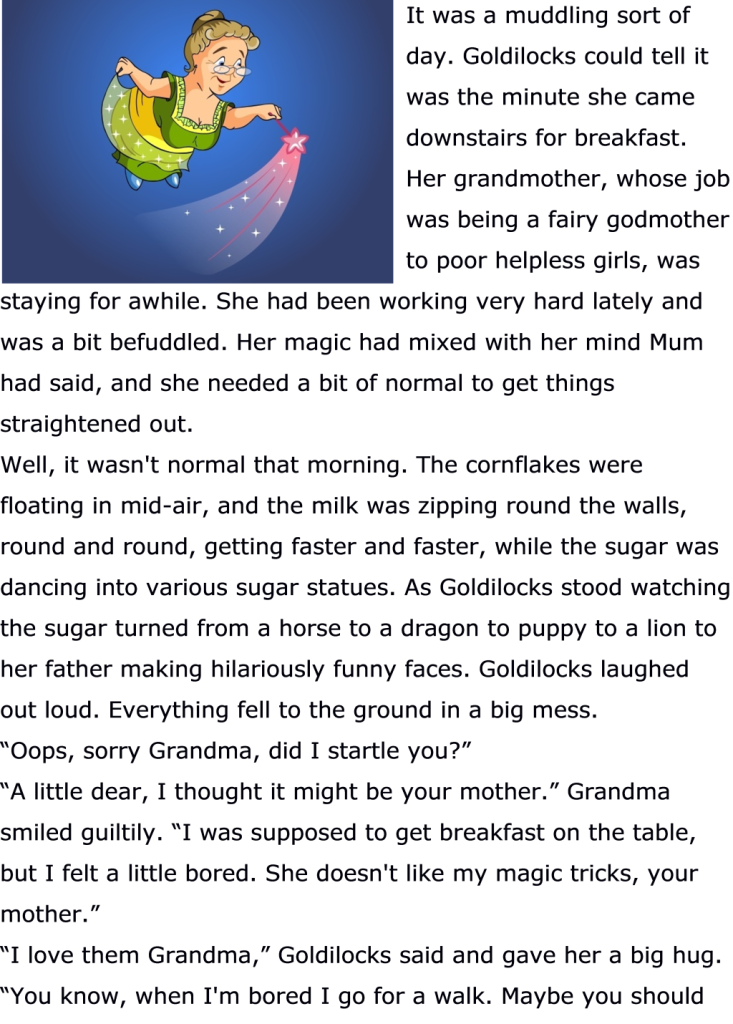
Subscribed
Thank you!
nine0000 List of children's literature by ageJanuary 3, 2015
Estimated reading time: 23 min.
A link to the article will be sent to you by E-mail:
The list was compiled on the recommendations of parents and child psychologists. However, the editors of the Teach Good project did not analyze and evaluate each work, as is the case with the lists of modern films and cartoons recommended for children.
A good book can become a part of a personality… There are a huge number of offers on the shelves of bookstores today, but not everything in a beautiful and bright cover will be useful for children to read. The best will be those works that differ not only in a fascinating plot, but also carry certain educational ideas: they teach goodness, justice, honesty.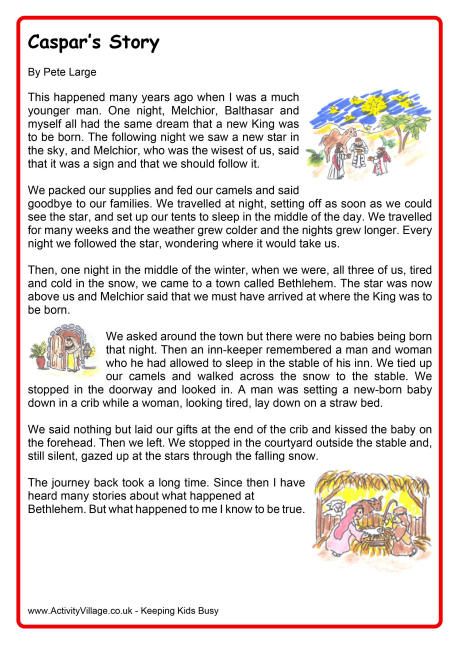 nine0003
nine0003
The list can be edited according to your feedback. Write to us.
Literature for the formation of moral self-awareness
(senior preschoolers, 6-7 years old)
Philanthropy - misanthropy
- Kataev V. "Flower-Semitsvetik".
- Zelenaya R., Ivanov S. "The story of an adult".
- Oseeva V. "Revenge".
- Zhitkov B. Boroda. “Smoke”, “How one boy drowned”, “On an ice floe”, “Mail”, “Fire”, “Collapse”, “Flood”. nine0123
- Kuprin A. "Elephant".
- Permyak E. "Reliable person".
- Baruzdin S. "Sea dagger".
Mutual support, mutual assistance, mutual help - selfishness (individualism)
- Tolstoy L. "Stories for young children."
- Neverov A. "Bug", "Collective".
- Baruzdin S. Fur seal.
- Russian folk tale "Zimovie".
- Berg L. Stories about a small car.
Avarice (greed) - generosity
- Ushinsky K. "Close together, but boring apart.
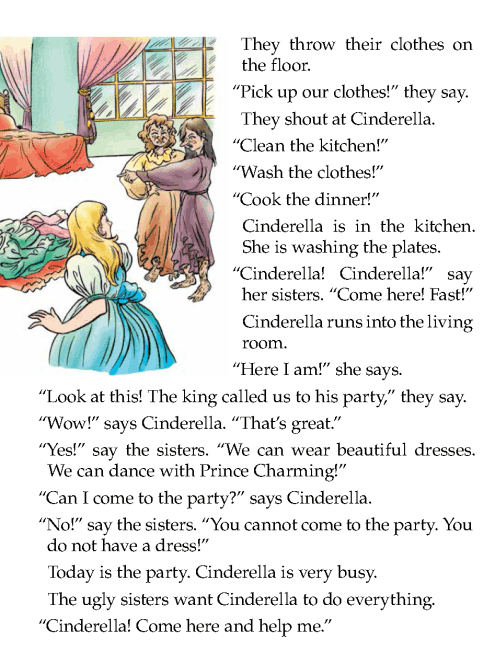 "
" - Andersen G.H. "Thumbelina".
- Oseeva V. "Three Comrades".
- Tale of the peoples of India "Whose hands are more beautiful".
Politeness (tact) - rudeness
- Oseeva V. "The Magic Word".
- R. Zelenaya, S. Ivanov “In the Stone Age”, “Ha-ha-ha! Adults”, “Be careful, elbows!”, “Pan”.
- Russian folk tale "The Choker".
- Ladonshchikov G. "Savage in the forest". nine0123
Honesty (truthfulness) - deceit
- Brothers Grimm. "Hare and hedgehog".
- Tolstoy L. "Liar".
- Ushinsky K. "Terrible goat".
- Oseeva V. "Why?"
- Dal V. "Crow".
Justice - injustice
- Oseeva V. "Cookie".
- Pogorelsky A. "Black chicken or underground dwellers".
- Aksakov S. "The Scarlet Flower".
- Zakhoder B. Lisitsin Court.
Modesty - immodesty
- Korean fairy tale "Brothers".
- Zelenaya R., Ivanov S.
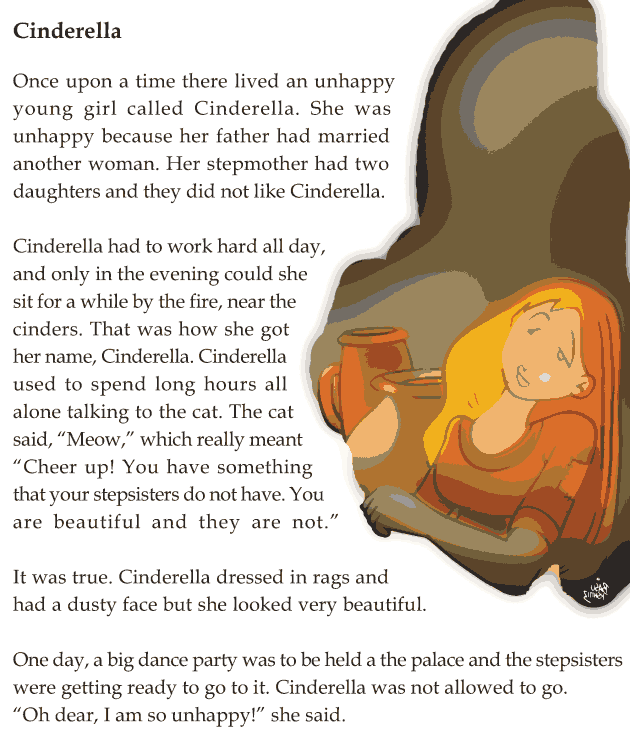 "A Dangerous Couple".
"A Dangerous Couple". - Italian fairy tale "How the donkey stopped singing".
- Garshin V. "Traveling Frog".
- Tolstoy L. Pavlin. "Peacock and Crane".
- Marshak S. "The story of an unknown hero."
Thrift - extravagance
- Uspensky E. "Three from Prostokvashino".
- Medvedev V. Savings cat. nine0123
- Mikhalkov S. "Bulka".
Straightforwardness (openness) - cunning
- Russian folk tale "The Wolf and the Seven Kids".
- Hungarian fairy tale "Two Greedy Little Bears".
- Feather Sh. Little Red Riding Hood.
- Baruzdin S. "Fox".
Courage - cowardice
- Ushinsky K. "The Eagle and the Cat".
- Tolstoy L. "Kitten".
- Tale of the peoples of Alaska "Little Mouse's Big Journey".
- Russian folk tale "Fear has big eyes". nine0123
Compassion (mercy) – callousness
- Prishvin M. “A sip of milk”.
- Hugo V.
 Les Misérables (Chapter Cosette).
Les Misérables (Chapter Cosette). - Suteev V. "Under the mushroom".
- Charushin E. "About rabbits".
- Zelenaya R., Ivanov S. "Crow".
- Garin-Mikhailovsky N. "Theme and the bug"
- Neverov A. The bugs. Korolenko V. "Children of the Underground" (chapter "Doll")
Humility - obstinacy
- Russian folk tale "Morozko". nine0123
- Feather S. Cinderella.
- Pushkin A. "The Tale of the Fisherman and the Fish"
- Yanikovskaya E. "I Go to Kindergarten"
- Zelenaya R., Ivanov S. "Let it go."
Good - evil
- Ushinsky K. "It is bad for him who does no good to anyone."
- Oseeva V. "Good". "On the rink". "Badly".
- Tolstoy L. "Bird". "Soldier". "The Dog and the Thief". "Squirrel and Wolf". "How many people?"
- Neverov A. Orphanage. "Collective".
- Udmur folk tale "The hunter and the snake". nine0123
- Barto A. "Hot".
- Emelyanov B.
 "Mom's grief".
"Mom's grief".
Books for children up to 3 years old
- Small forms of folklore: nursery rhymes, songs, rhymes, pestushki (such little rhymes that accompany the life of a child: how we eat, how we dress, how we wash ourselves), Russian folklore and folklore of other peoples of the world.
- Russian folk tales about animals (Kolobok, Teremok, Turnip, Ryaba Hen, Zayushkina hut)
- Vasnetsova Yu. Poems, fairy tales, nursery rhymes with illustrations
- Suteev V. "Fairy tales and pictures"
- Chukovsky K. Fairy tales and poems
- Marshak S. Poems, songs, riddles.
- Barto A. cycles of poems "Toys", "Younger brother", "Nastenka", "Vovka - a kind soul".
- Charushin E. "Cat", "Chicken", "How Tomka learned to swim".
- Moritz J. "Poems".
- Levin V. "Stupid Horse" (poetry).
- Pushkin A. "Tales", excerpts or in full.
- Poems by Russian poets (V. Zhukovsky, A. Fet, V. Pleshcheev, E.
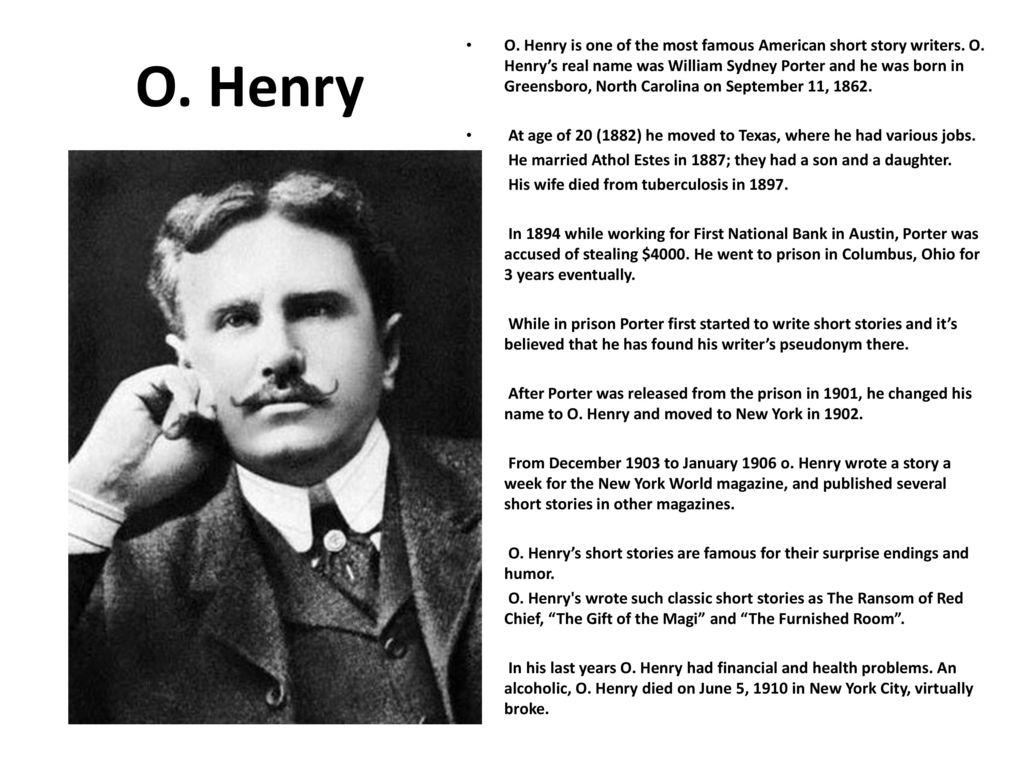 Baratynsky, F. Tyutchev and others) about nature. nine0123
Baratynsky, F. Tyutchev and others) about nature. nine0123 - Tokmakova I. Carousel.
- Ushinsky K. "Tales".
- Tolstoy L. Fables and stories from the "ABC".
- Garshin V. "Traveling Frog".
- Aleksandrova Z. “My Bear”, “Stompers”
- Oster G. A cycle about a Kitten named Woof.
- Tolstoy L. Stories for young children. (The main thing here is to find a publication with high-quality pictures, since there is not much text there at all, the main attention should be paid to the intonation, beauty and melody of traditional Russian speech, the image of rural life). nine0123
- Ushinsky K. Stories about animals, about children
- Blaginina E. Poems about nature, about mother, about how children help mother.
- Harms D. "Poems".
Books for children from 3 to 5 years old
Russian literature
- Tolstoy A. Pinocchio, or the Golden Key
- Akim Yakov Poems for children
- Blaginina A.
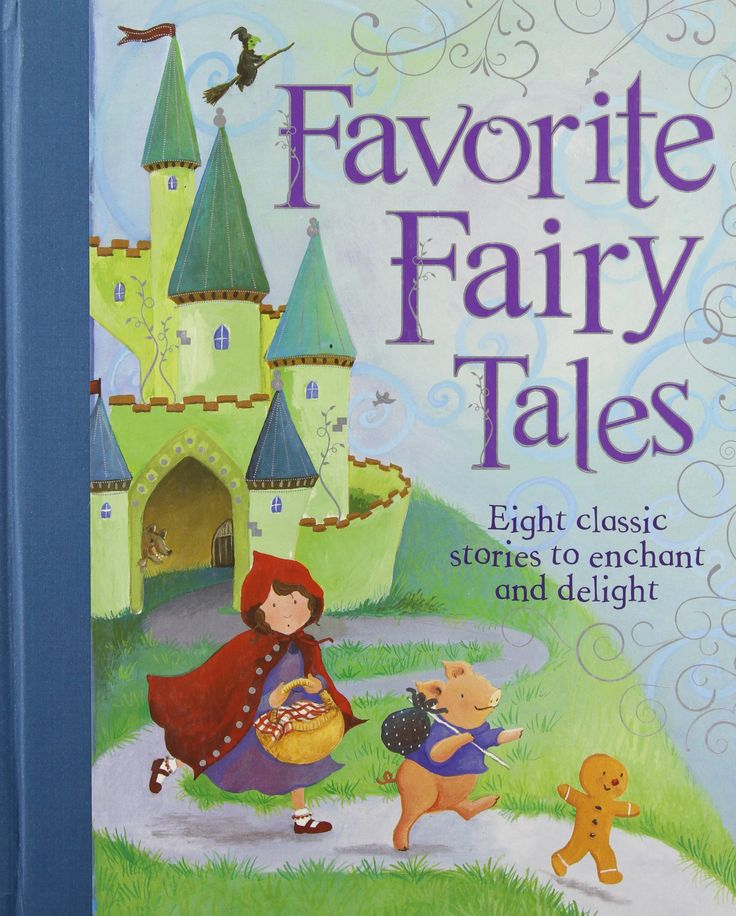 Poems for children 9012 and 9012 cycles of poems, for example, "Vovka kind soul"
Poems for children 9012 and 9012 cycles of poems, for example, "Vovka kind soul" - Belozerov T. Poetry
- Berestov V. Any works for children
- Vvedensky A. "Uncle Borya says that .." and others
- Dragunsky V. fifth grader, and not all of them will be of interest to a child at the same age).
- Volkov A. A cycle of stories about the Emerald City.
- Garshin V. Traveling Frog
- Georgiev S. Tree-Sticks or Field Marshal Pulkin, One Boy, One Girl, Cat Spell, Puppies
- Dolinina N. "My Captain", "Lemboy", "Chucha", "How small the world", "We are twins with Seryozhka", "A Girl Lost"
- Druzhkov Yu. "The Adventures of Pencil and Samodelkin"
Ezhikova Z. “The Mole and His Friends” - Zhitkov B. “What I saw”, “Stories about animals”, “About Pudya”, “How I caught little men”, “What happened”
- Zhuravleva E. “Funtik” and other books
- Zhukovsky V. "Poems for children"
- Zakhoder B. "Poems for children"
- Zoshchenko M.
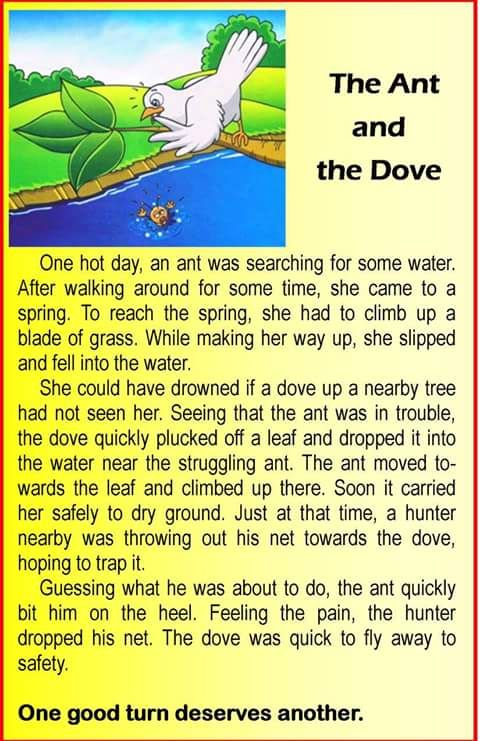 "Funny stories", stories about Lela and Minka
"Funny stories", stories about Lela and Minka - Krylov I. Fables, "The Crow and the Fox" and "The Monkey and Glasses" in the first place.
- Ivanov A. "The Adventures of Khoma and Gopher"
- Kozlov S. "Shake! Hello!"
- Kondratiev A. Poems for children
- Kornilova G. "Our friend Bumchik"
- Kryukova T. "Bip the little car"
- Lebedeva "How Masha quarreled with a pillow"
- Levin V. "Stupid horse"
- Marshak3 "Children in a cage"
- Mayakovsky V. "What is good and what is bad"
- Mikhalkov S. "Laughter and Tears", "The Bunny-Knaughter", "Uncle Styopa" and other poems
- Moritz Yu. Poems for children, "Bouquet of Cats"
- Moshkovskaya E. Poems for children
- Nestaiko V. "In the Land of Sunny Bunnies"
- Nosov N. The first book about Dunno (the other two are designed for schoolchildren), short stories.
- Oleinikov N. “I sent eccentrics to the market”, etc.
- Paustovsky K.
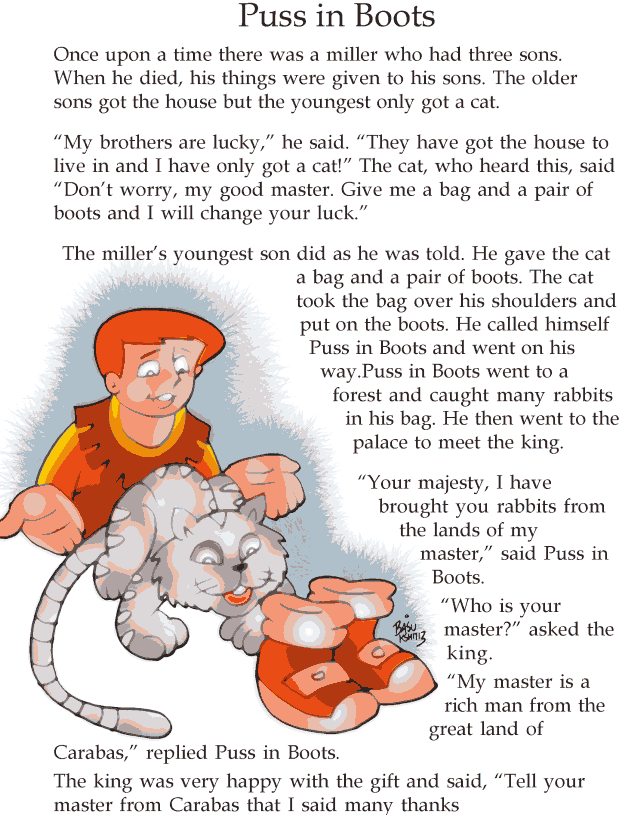 “Cat-thief”, “Badger nose”, “Rubber boat”, “Steel ring”
“Cat-thief”, “Badger nose”, “Rubber boat”, “Steel ring” - Petrushevskaya L. Children's plays, Fairy tales. nine0123
- Plyatskovsky M. “The Adventures of the Grasshopper Kuzi”, “How the Duckling Kryachik Lost His Shadow”
- Prokofieva S. “The Patchwork and the Cloud”, “The Island of Captains”, “The Adventures of the Yellow Suitcase”, “Astrel, Princess of Twilight”, “Leave window open”, “Machines of fairy tales”
- Pushkin A.S. Fairy tales
- Rumyantseva "About the little pig Plyukh"
- Samoilov D. "The baby elephant went to study", "The baby elephant tourist"
- Sapgir G. Poems for children
- Sladkov N. "Fairy tales of the forest"
- Sobakin T. Poems and fairy tales
- Stepanov V.A. poems (optional)
- Suteev V. "Peter and Little Red Riding Hood" and other fairy tales
- Tokmakova I. Poems for children Sonya, or Good manners for small dogs”
- Uspensky E. “Cheburashka and Crocodile Gena”, “Uncle Fyodor, a dog and a cat”, “25 professions of Masha Filippenko”, “Guaranteed little men”, “About the boy Yasha”, “ About Vera and Anfisa "poems for children
- Fadeeva M.
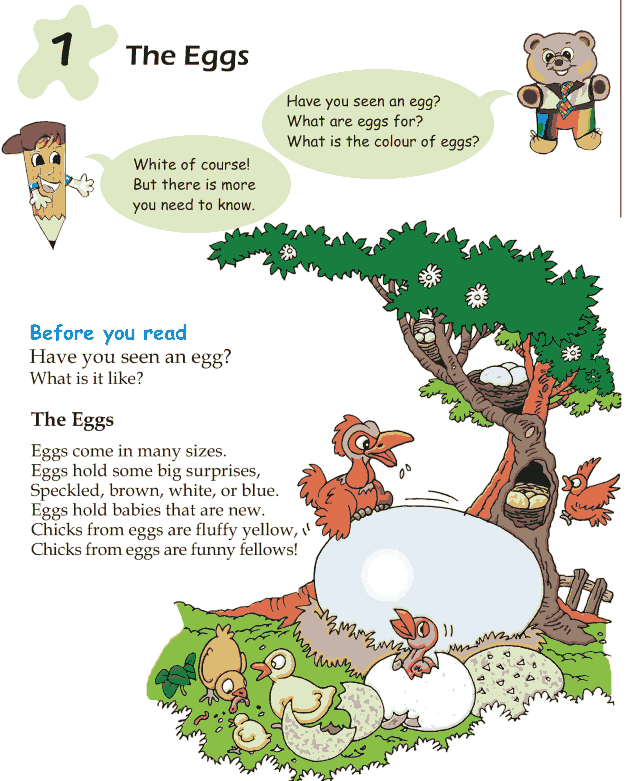 Smirnov A. “Adventures of parsley”
Smirnov A. “Adventures of parsley” - Tsyer Tales
Foreign literature
- ASBIERNSE “Norwegian Tales”
- Balint A. Gnome
- 2222222222222222222222s
- Konopnicka M. Orphan Marysya and the Gnomes
- Kruger M. Blue Bead, Hello Caroline
- Lindgren M. Fluffy Bunny
- Milne A. Winnie the Pooh and All-All-All »
- Nesbit E. Billy the King, Bellinda and Bellamant 9Books for children from 5 to 8 years
Russian Literature
- Aksakov S. "The Scarlet Flower"
- Aleshkovsky Yuz "Shoo and Two Portfolios", "Shoo and I in the Crimea"
- Alexandrova G. "Domovenok Kuzka and magic things" ( with continuations)
- Afanasyev A. Tales
- Bazhov P. "Malachite Box", "Ural Tales", "Silver Hoof"
- Bianchi V. "Forest Newspaper", "Sinichkin Calendar"
- Bulychev Kir "Adventures of Alice"
- Veltistov E. "Adventures of Electronics" , "Gum-Gum", "A Million and One Days of Vacation"
- Volkov A.
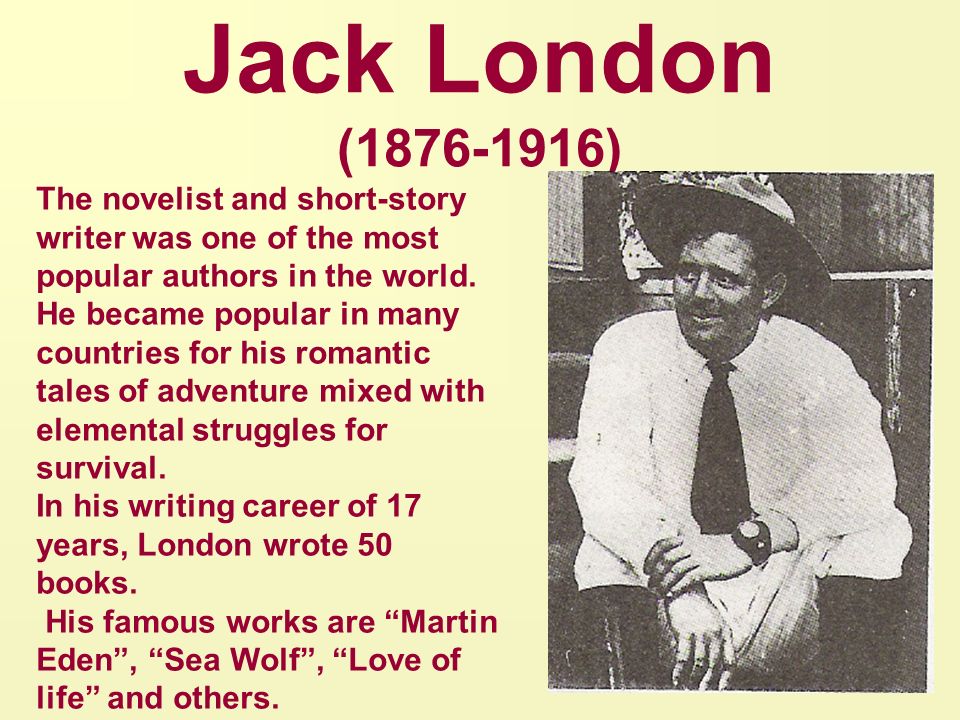 "The Wizard of the Emerald City"
"The Wizard of the Emerald City" - Gaidar A. "The Blue Cup", "Chuk and Gek"
- Geraskina L. "In the Land of Unlearned Lessons"
- Golyavkin V. "My good dad", "Harp and boxing", "How I sat under the desk", Stories
- Gor Gennadiy "Boy"
- Grabovsky Jan "Fly with whims"
- Grigorovich "Gutta-percha boy"
- Gubarev V. "Three on the island", "In the Far Far Away", "The Kingdom of Crooked Mirrors"
- Davydychev L. "The Life of Ivan Semenov"
- Danko E. "The Defeated Karabas"
- Demykina G. "House on a Pine Tree"
- Dragunsky V. "Deniska's Stories", "20 Years Under the Bed", "Dog Thieves"
- Durov V. "My animals"
- Ermolaev Y. "House of brave cowards"
- Ershov P. "Humpbacked Horse"
- Zhuravleva Z. "Take off the Shell"
- Zabolotsky "The Tale of the Crooked Man", "Knock-knock-knock"
- Ivanov S. "Former Bulka and his daughter"
- Ilyin M. "One Hundred Thousand Whys"
- Kaverin V.
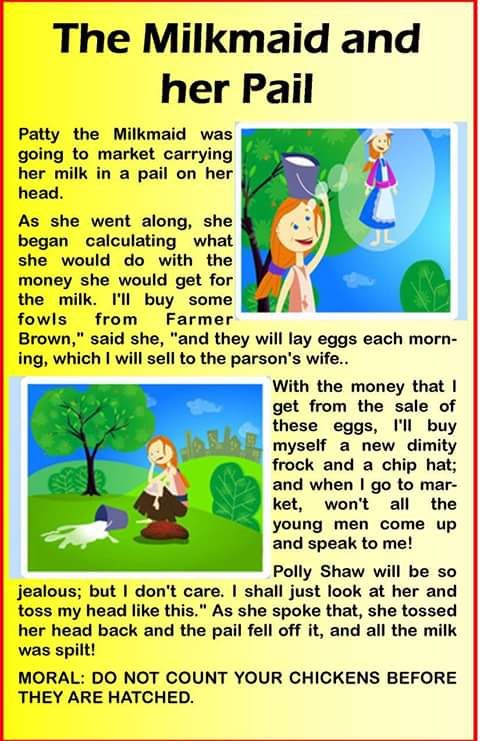 "Hourglass"
"Hourglass" - Kataev V. "Flower-Semitsvetik", "Pipe, Jug", "Magic Horn of Oberon"
- Kokovin E. "Din-Dag"
- Konstantinovsky M. "KOAPP"
- Korzhikov V. "Solnyshkin's Merry Sailing"
- Krylov I. Fables
- Kumma A., Runge, S. "The Second Secret of the Golden Key"
- Kuprin "Elephant"
- Lagin Lazar "Old Man Hottabych", "The Blue Man", "Patent AV"
- Larry Yan "The Extraordinary Adventures of Karik and Valya"
- Lermontov "The Air Ship"
- Magalif Yuri "Zhakonya", "Kotkin the Cat"
- Mamin-Sibiryak D. "The Gray Neck", "Alyonushka's Tales"
- Marshak S. "Twelve Months ”, “Smart things”
- Medvedev V. “Barankin, be a man!” nine0123
- Mikhalkov S. "The Feast of Disobedience"
- Naumov E. "Coral City", "Magic Whirlwind"
- Nekrasov A. "The Adventures of Captain Vrungel"
- Nekrasov N. "Grandfather Mazai and Hares"
- Nestaiko " One with deceit”, “Five with a tail”, “Mysterious voice behind your back”, “Toreadors from Vasyukovka”, “Kidnappers looking for the victim”
- Nosov N.
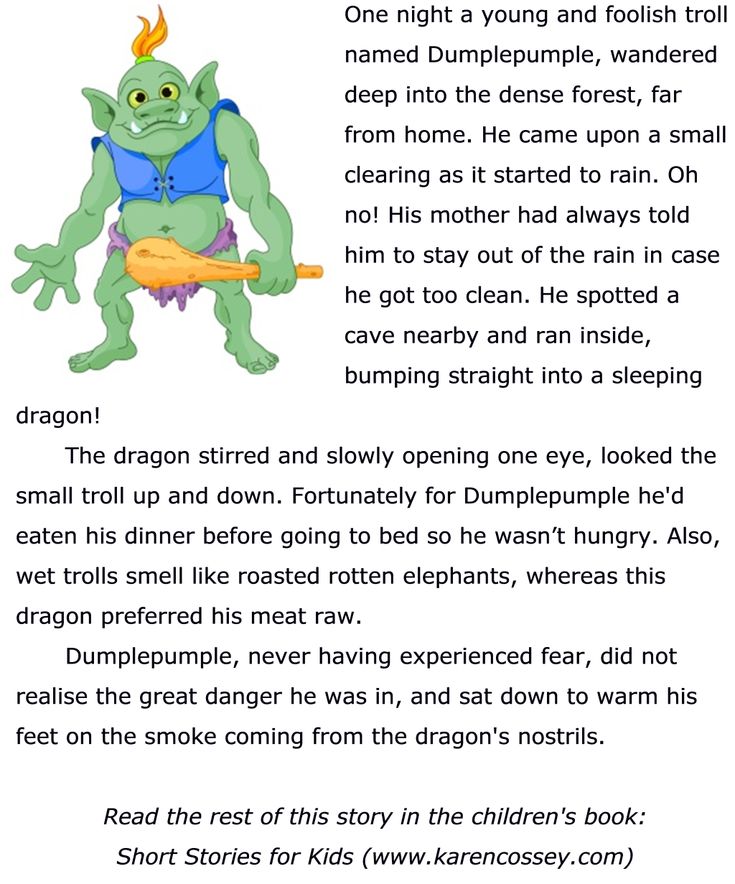 “Adventures of Dunno and his friends”, “Vitya Maleev”, “Dreamers”
“Adventures of Dunno and his friends”, “Vitya Maleev”, “Dreamers” - Odoevsky V. "Town in a snuffbox"
- Olesha Y. "Three fat men"
- Oseeva V. "Dinka", "Vasek Trubachev and his comrades"
- Oster G. "38 parrots"
- Panteleev L. "Honest word", "Squirrel and Tamarochka", "Merry Tram"
- Permyak E. Skazki
- Perova O. "Guys and Animals"
- Pivovarova "What My Head Thinks About", "Once Katya and Manechka"
- Pogodin R. "Brick Islands"
- Pogorelsky A. "Black Hen, or Underground Inhabitants"
- Pocheptsov G. "School Tales", "Country of Cities", "Bureau of Good Offices"
- Prishvin M. “The Pantry of the Sun”, “Kashcheev's Chain”
- Pushkin A. “The Song of the Prophetic Oleg”
- Raskin A. “How Little Dad Was”
- Rozanov S. “The Adventures of Grass”
- Lev Rubinstein “ Grandfather of the Russian Navy”, “In the Gardens of the Lyceum”
- Rutkovsky V. “Guests on a Broomstick”, “Friends from a Quiet Backwater”
- Rybakov A.
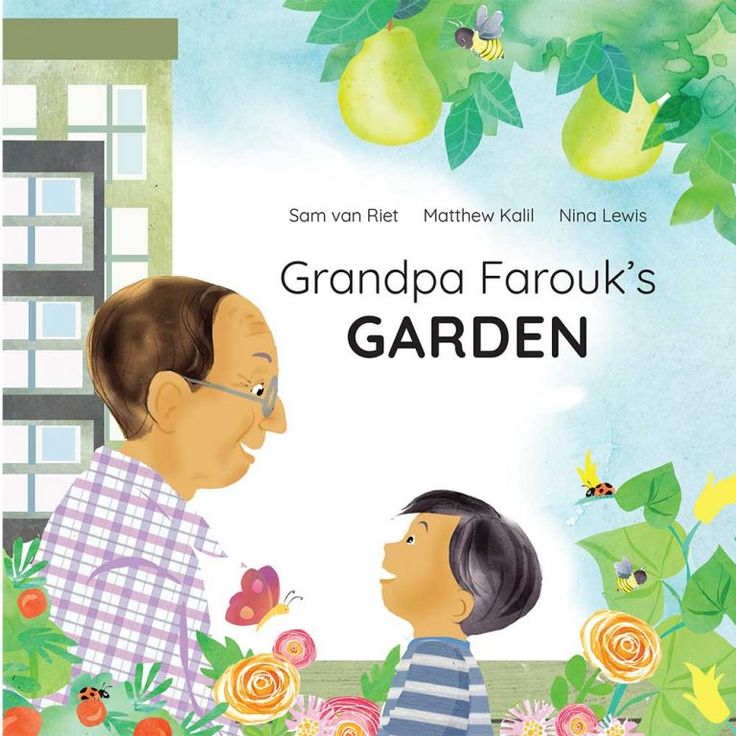 “Dagger”, “Bronze Bird”, “Shot”
“Dagger”, “Bronze Bird”, “Shot” - Salomatov A. “ Our extraordinary Gosh”
- Salie M. “Tales of 1000 and one night”
- Sotnik Y. "How I was independent"
- Tikhomirov O. "Green Window"
- Tokmakova I. "Alya, Klyaksich and the letter A"
- Tolstoy A. etc.”
- Tomin Y. Carousels over the city, A, B, C, D, E, etc., A magician was walking through the city
- Usach G. plays-fairy tales
- Chaplin V. "Pets of the Zoo", "My pupils"
- Chepovetsky E. "Fidget, Mukish and Netak"
- Cherny A. Fox Mickey's Diary
- Chekhov A.P. "Kashtanka"
- Sharov A. "The Boy Dandelion and the Three Keys", "The Adventures of Ezhinka and the Painted Little Men", "The Star Shepherd and Ninochka", "Magicians Come to People", "Children and Adults", "Pirrow Island", " A Tale of Ten Mistakes, Okoem
- Schwartz E. Cinderella, The Snow Queen, Ordinary Miracle, Two Maples
- Emden Esfir House with Magic Windows, Adventures of a Little Actor
- Jagdfeld and Gernet N.
 "Katya and the Crocodile"
"Katya and the Crocodile"
Foreign Literature
- Andersen G. Tales and Stories
- Babich I. "My Familiar Animals"
- Barnford S. "The Incredible Journey"
- Barry J. "Peter Pan and Wendy" "Land of Oz"
- Brzehwa Jan "Academy of Pan Blobs"
- Bisset D. "Forgotten Birthday", "Krokokot", Fairy Tales
- Blyton Enid "The Famous Duckling Tim", "Noddy's Adventure"
- The Brothers Grimm Fairy Tales
- Vangeli S. "The Adventures of Gugutse", "The Blue Hut", "Chubo from the village of Turturik"
- Verne Jules Travels Around the World in 80 Days (Children's Edition)
- Westley A-K. “Dad, mom, 8 children and a truck”, “Aurora from building “C”.
- Gauf V. Skazki
- Hoffman E.T. The Nutcracker, Beautiful Child, The Orange Princess
- Graham Kenneth The Wind in the Willows
- Darell J. Zoo in My Luggage, Land of Rustles, Talking Bundle, Hounds of Bafut
- d'Hervilly E.
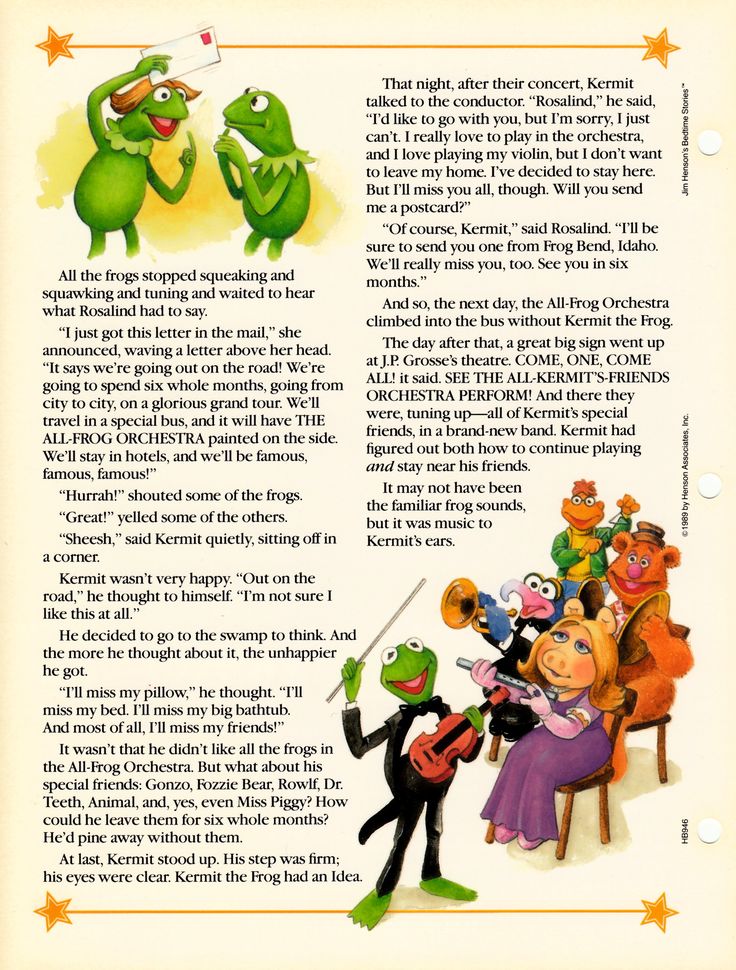 The Adventures of a Prehistoric Boy
The Adventures of a Prehistoric Boy - Salten F. Bambi
- Kern Ludwig Jerzy "Ferdinand the Magnificent"
- Kipling R. "Mowgli", "Little Stories"
- Collodi C. "Pinocchio"
- Crews J. me”, “Wizard in the Inkwell”
- Lagerlöf Selma “The Wonderful Journey of Nils”
- Lindgren Astrid “Brothers Lionheart”, “Pappy Longstocking”
- Lobatu Monteiro “Order of the Yellow Woodpecker”
- Lobe Mira; Ferra-Mikura "Grandma on the Apple Tree"
- Lofting Hugh "The Adventures of John Dolittle", "John Dolittle Circus"
- Clive Lewis The Chronicles of Narnia
- Maar Paul Subbastic, 7 Saturdays a Week
- Malo Hector Without a Family, In the Family, Romain Calbri
- Maeterlinck M. The Blue Bird, "Ariana and Bluebeard"
- Nesbit E. "Five Children and a Beast", "Phoenix and Carpet", "The Talisman"
- Pelin Yelin "Jan Bibian"
- Preusler O. "Little Baba Yaga, Ghost, Water"
- Raud Eno "Clutch, Half Shoes and Mossbeard", "Sipsik"
- Rodari Gianni "The Adventures of Cipollino", "Cake in the Sky", "Journey of the Blue Arrow", "Jelsamino in the land of liars"
- Saya Kazis "Hey, hide!"
- Swift J.
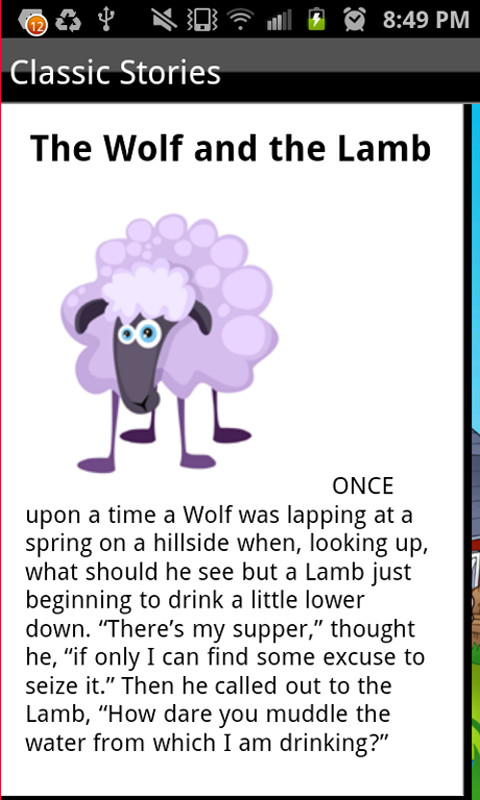 Gulliver's Travels
Gulliver's Travels - Saint-Exupery A. The Little Prince
- Seton-Thompson E. Animal Tales
- Stevenson R. Heather Honey
- Mark Twain "Tom Sawyer", "Huckleberry Finn"
- Travers Pamela "Mary Poppins"
- Fekete Istvan "Vuk the Little Fox"
- Frans Anatole "The Bee"
- Harris Joel "The Tales of Uncle Remus", "Brother Rabbit and His Friends" 901nett "Little Hodgerston"
- 3 princess", "Little Lord", "Secret Garden"
- Hopp Sinken "The Adventures of Jun and Sophus"
- Egner Thorbjorn "People and Thieves from Cardamom"
- Ekholm Jan "Tutta Karlsson the First and Only, Ludwig the Fourteenth and others"
- Ende Michael "Endless Book", "Jack Button" ”, “Momo”
Books for children from 9 to 12 years old
Russian Literature
- Abramov S. “Above the Rainbow”
- Adamov G. “The Mystery of Two Oceans”
- Akim Zhivotnykh, I. Mir "Mammals or Beasts" and other books
- Aleksin A.
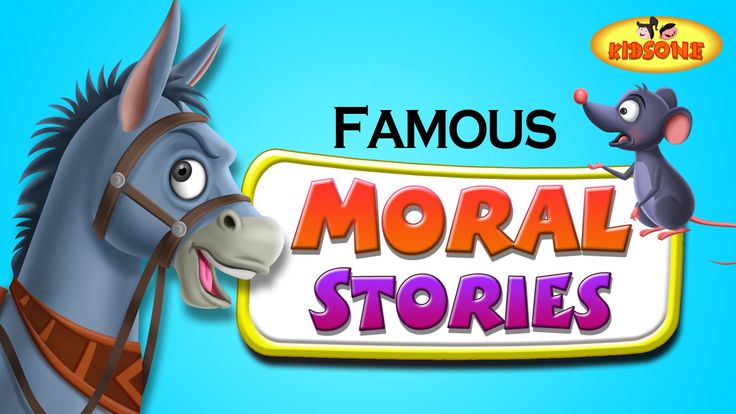 "The Secret of the Old Cottage", "My Brother Plays the Clarinet", "Meanwhile Somewhere"
"The Secret of the Old Cottage", "My Brother Plays the Clarinet", "Meanwhile Somewhere" - Alekseev M. "Karyukha"
- Almazov "The Most Beautiful Horse"
- Amatuni P. "ChAO — the winner of the magicians”
- Arsenyev V. “Across the Ussuri region”, “Dersu Uzala”
- Astakhov E. “The boots of Captain Stormstil”
- Bulycheva A. “Trumpeters from Solnechnaya street”
- Vasilenko I. “Artemka”, “ Asterisk
- Vlasov A. Wagtail Army
- Voronkova L. “A Girl from the City”, “The Village of Gorodishche”, “Altai Tale”, “Elder Sister”, “Personal Happiness”
- Vronsky Y. “The Extraordinary Adventures of Kuksha from Domovichi”
- Gabbe T. “City of Masters”
- Gaidar A. "Military Secret", "The Fate of the Drummer"
- Gasenko G. "Terentich and Fedya", "Steppen's Neighbors"
- Gershenzon M. "Robin Hood"
- Gogol N.V. "Evenings on a farm near Dikanka", "Mirgorod"
- Guryan O. "Ivashka runs after a horse", "Witnesses"
- Davydychev L.
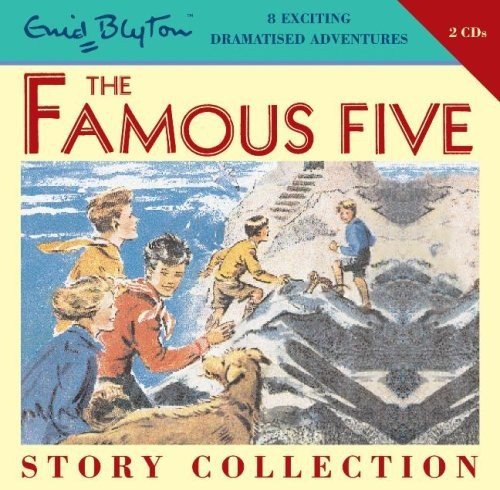 "Hands up, or Enemy N 1"
"Hands up, or Enemy N 1" - Dombrovsky K. "Island of inexperienced physicists"
- Zheleznikov V. "Scarecrow", "Password "Dragonfly""
- Zhitinsky A. "Old man from Bolshaya Pushkarskaya" , "Courtesy Visit", "Cheops and Nefertiti"
- Zorich A. "The Secret of the Golden Anemones"
- Ilyina E. "The Fourth Height", "This is My School"
- Kaverin V. "Two Captains", "Open Book" , "Nemukhin's stories", fairy tales
- Chernolussky M. "Phaeton"
- Kassil L. “Be ready, Your Highness”, “The Great Confrontation”, “Street of the youngest son”, “My dear boys”, “Konduit and Shvambrania”
- Kataev V. “Son of the regiment”, Tetralogy “Waves of the Black Sea” : “The lonely sail turns white”, “Khutorok in the steppe”, “Winter wind”, “For the power of the Soviets!”
- Katerli Nina "Collection of Dr. Emil", "The Beast", "Potion", "Nagornaya, 10", "Window"
- Knorre F. "Captain Crocus", "Olya"
- Koval Yu. The lightest boat in the world”, “Vasya Kurolesov”, “Five kidnapped monks”
- Y.
 Korinets "Gizi's Song"
Korinets "Gizi's Song" - A. Kostetsky "Knock on my window", "I want to fly!", "HT Superglue", "Minimax"
- V. Krapivin "Boy with a sword", "Musketeer and Fairy" ”, “Squire Kashka”, “Riders from Rosa Station”, “Tide”, “Dovecote”, “Great Crystal”, “Flying Tales”, “Portfolio cap. Rumba "Crane and Lightning", "Lullaby for a Brother"
- Kulikov G. "The Secret Messenger"
- Levshin V. "Dwarfing and Al-Jebra"
- Likstanov I. "The Adventures of a cabin boy", "Baby"
- Medvedev V. Flute for a Champion, Sovri-Head
- Mikhalkov S. Sombrero, Red Tie
- Molitvin P. At the Beginning of Summer Holidays
- Moshkovsky A. Five in a Starship , "Seven days of miracles"
- Naumov E. "Morning is wiser than evening"
- Novash N. "In the kingdom of Kirpirlain"
- Panteleev L. "Republic of Shkid", "Clock", "Package"
- Pogodin R. "Dubravka "," Tales of Good People and Fair Weather "," Dumpling Soup, "Tournament in the Kingdom of Fiofigas"
- Poletaev S.
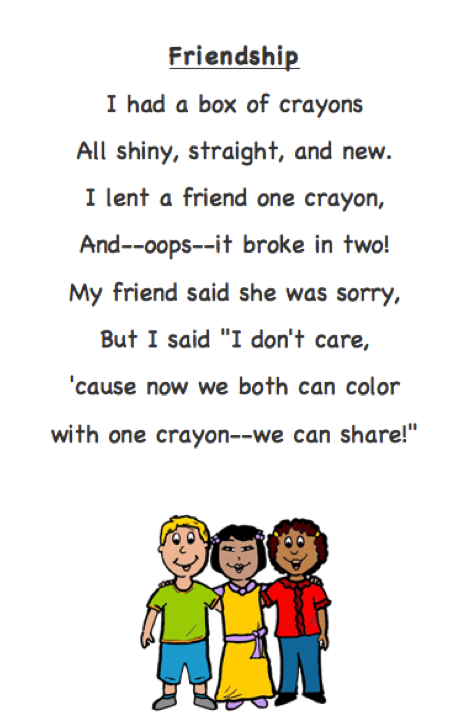 The Story of Two Fugitives, The Captain's Magic Pipe
The Story of Two Fugitives, The Captain's Magic Pipe - Popov V. The Adventures of Two Wretches
- Alla Potapova The Fearless Zuar
- Pocheptsov G. In Search of the Magic Sword, Golden Ball
- Prishvin M. "In the land of fearless birds"
- Sadovnikov G. "Savior of the Ocean"
- Svirsky A. "Ryzhik. The Adventures of a Little Tramp
- Sergienko K. Kees - Admiral Tulipov, White Rondel, Goodbye, Ravine, Ksenia, Days of Late Autumn
- Sladkov N. “Zakhar Zagadkin”, “Into the forest in riddles”
- Sotnik Yu. “Elixir Kuprum Esa”, “Clairvoyant”
- Stanyukovich K. “Around the world on the “Kite”
- Sukhanova N. “In the caves Murosaurus"
- Tolstoy A. "Nikita's Childhood"
- Task S. "The Mystery of the Red Cat"
- Troepolsky G. "White Bim Black Ear"
- Trublaini N. "Schooner Columbus", "Wings of the Pink Gull"
- Fedorov V. “Flying to the North”, “Journey Up”
Chukovsky N.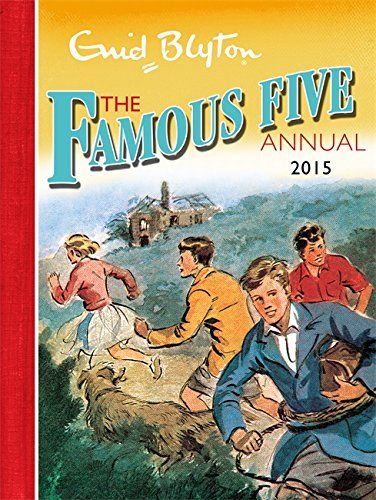 “Frigate Drivers”
“Frigate Drivers” - Shefner V. "A Name for a Bird", "A Million in the Sweat of His Face", "A Man with Five "Not", "A Round Secret"
- Yacheykin Y. "My and Other Secrets", "Pavlik Khvalimon"
Foreign literature
- Asimov A. "The Adventures of Robot Norby"
- Arthur Robert., Carey M. et al. Lord of Mars, Tarzan, Pellucidar, The Timeless Earth, Venus
- Blyton Enid The Magnificent Five, The Secret Seven, Five Finders and a Dog
- Demostene Botez, Yonel Pop "Encounters with Nature"
- Broszkiewicz Jerzy "One is more interesting than the other", "Three from the Tenth Thousand"
- Boussinard Louis "Captain Break Your Head"
- Verne Jules "Mysterious Island", "15 Year Old Captain" , "20 Thousand Leagues Under the Sea", "Captain Grant's Children", "2 Years of Vacation"
- Voynich E. "The Gadfly"
- Garner A. "The Magic Stone of Breezingamen"
- Henry O. "The Leader of the Redskins"
- Greenwood J.
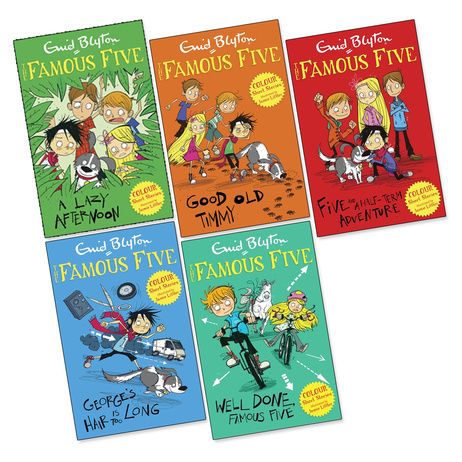 "Little Rag"
"Little Rag" - Gallico Paul "Thomasina", "Jenny", "Snow Goose"
- Dixon F. "The Hardy Brothers"
- Doyle A.C. "Professor Challenger", "Sherlock Holmes"
- Žilinskaitė V. "Journey to the Tandadrika"
- Carlier Lieber "The Secret of Altamare"
- Erich Kestner "Emil and the Detectives", "Button and Anton", "The Matchbox Boy" »
- Keene Caroline "Nancy Dru"
- Coin Irmgard "The Girl You Were Not Allowed to Hang With"
- Janusz Korczak "King Matt the First"
- Kotzwinkle William "E.T. (The alien and his adventures on Earth)"
- Crawford C.P. Three-Legged Run
- Cooper Fenimore Pathfinder and other books about Natty Bumpo, Enchantress of the Sea
- Astrid Lindgren Emil of Lenneberg, Rasmus the Tramp
- London Jack "Hearts of Three", "White Fang", short stories
- McCallay Johnston "The Sign of Zorro"
- Nestlinger K. "Conrad, the Child from the Tin Can", "Down with the Cucumber King"
- Nemtsova B.
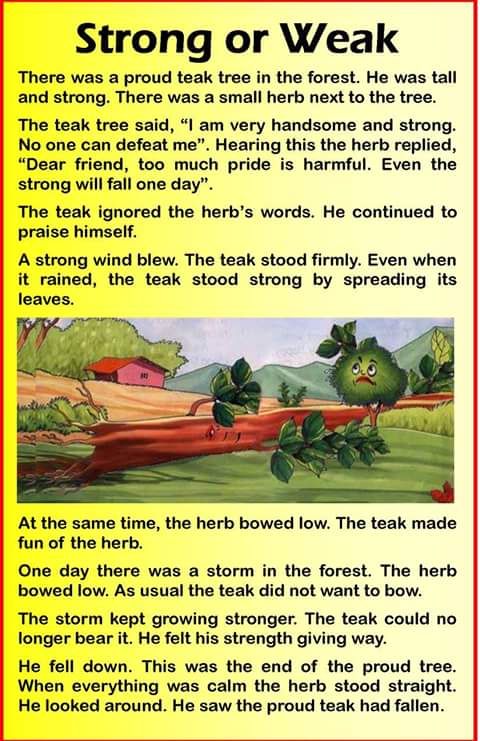 "Grandmother", Zolotaya book of fairy tales, Silver Book of Fairy Tales
"Grandmother", Zolotaya book of fairy tales, Silver Book of Fairy Tales
Aldridge J. "The Amazing Mongol", "The Last Inch", "The Boy from the Forest Bank" - Petkevičiu V. "The Great Hunter Mikas Pupkus"
- Porter E. "Pollyanna"
- Prokop G. "Detective Pinky"
- Przymanowski Janusz "Tricks of Jonathan Koot"
- Raud Eno "Stainless Saber"
- .Main "Headless Horseman", "Sea Wolf", "Young Hunters", "Children of the Forests"
- Roni Joseph "Fight for Fire", "Cave Lion"
- Simak K. "Ring Around the Sun"
- Gray Owl (Grey Owl) Sajo and Her Beavers
- Stephenson R. Treasure Island, Black Arrow, Stolen, Catriona
- Twain Mark The Prince and the Pauper, The Frog of Calaveras
- Tolkien J.R.R. "The Hobbit, or There and Back Again", "The Blacksmith from Big Wootton"
- Tutuola Amos "Journey to the City of the Dead"
- Wilde Oscar "The Canterville Ghost", "The Star Boy", "The Happy Prince"
- Fallada Hans "Fridolin — cheeky badger
- Forester S.
 The Saga of Captain Hornblower
The Saga of Captain Hornblower - Francis Burnett Secret Garden, Little Lord Fauntleroy, The Little Princess
- Khaitov N. "Dragon"
- Chopich Branco "Feet in the field, head in the wild"
- Shklarsky Alfred "Journeys of Tomek"
- Ergle Zenta "It started in the house of flowers"
Books for children from 12 to 14
Russian Literature
- Aksenov V. “A chest in which something knocks”, “My grandfather is a monument”
- Aleksin A. “A late child”, “Home advice”, “A very scary story”
- Altaev Al. Historical stories
- Astafiev V. "A Horse with a Pink Mane"
- Bakhrevskiy V. "The Ataman's Treasure", "Kiprey-Polykhan"
- Belyaev A. "The Island of Lost Ships", "Ariel", "The Last Man from Atlantis", amphibian”, “Seller of Air”
- Belyaev V. “The Old Fortress”
- Bromley H. “The Adventures of a Boy with a Dog”
- Brunstein A. “The Road Goes Far”
- Vigdorova Frida “Chernigovka” other two parts of the trilogy
- Vladko V.
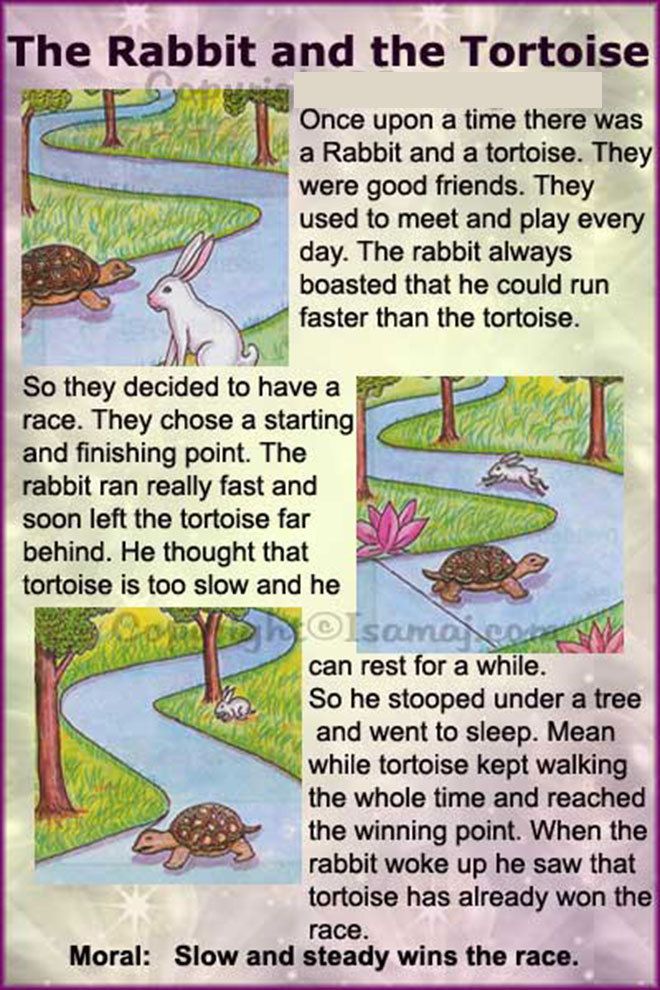 "Argonauts of the Universe", "Descendants of the Scythians"
"Argonauts of the Universe", "Descendants of the Scythians" - Voskresenskaya Zoya "A Girl in a Stormy Sea"
- Govorov S. "Alkamen - Theatrical Boy", "The Last Carolingians"
- Grin A. "Scarlet Sails", "Golden Chain", "Running on the Waves", "Shining World" ”, “The Road to Nowhere”, “Jesse and Morgiana”, short stories
- Dymov F. “Where You Are Needed”
- Efremov I. “The Andromeda Nebula”, “The Hour of the Bull”, “The Razor's Edge”, “On the Edge of the Ecumene”
- Kazantsev A. "Flaming Island", "Stronger than time"
- Kamalov F. "Hello, Artem!" nine0123
- Kiselyov V. "The Girl and the Bird"
- Kovtun A. "The Baranova Balka"
- Kozlov V. "The President of Kamenny Island"
- Levinzon G. "Farewell to Deberville"
- Lukyanenko S. "The Boy and the Darkness", "Today, Mom!", "Knights of the Forty Islands"
- Matveev G. "Green Chains", "Tarantula"
- Moskvin I. "Forward - in defense!"
- Perumov N.
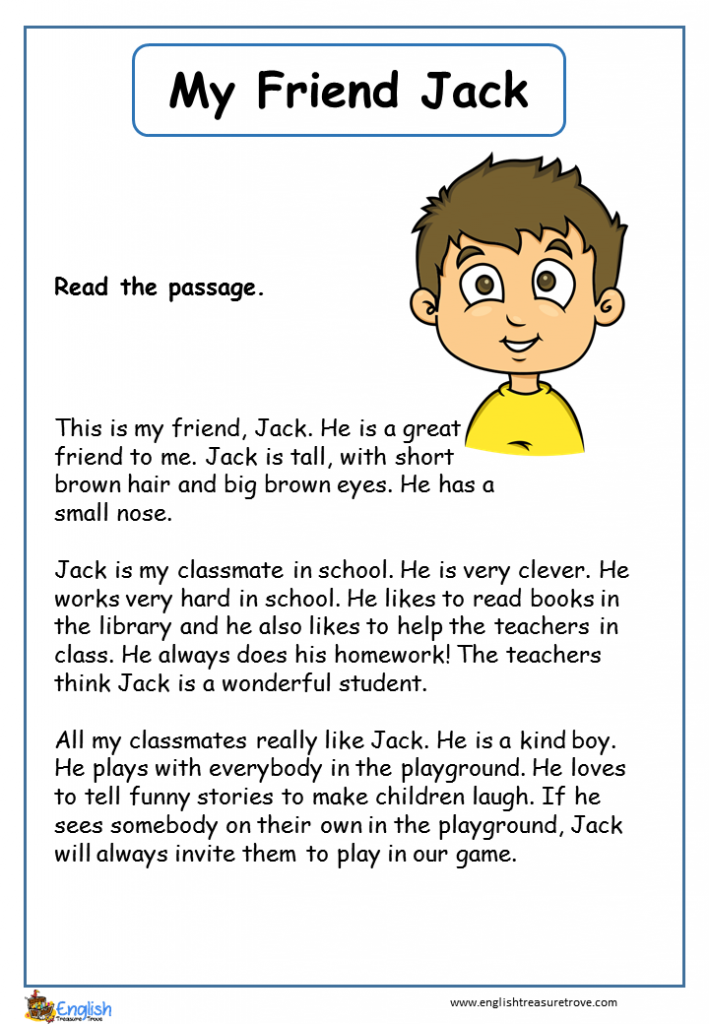 "Ring of Darkness" (Elven Blade, Black Spear, Adamant of Henna).
"Ring of Darkness" (Elven Blade, Black Spear, Adamant of Henna). - Pogodin Radiy "Step from the Roof", "What Senka Had", "Turn on the Northern Lights", "Trend"
- Polevoy B. "A Tale of a Real Man"
- Polikarpova T. "Leaves of Future Summer"
- Popov V. "Dark Room", "Too Strong"
- Romanovsky S. "Blue Lightning", "Vyatka Lace"
- Rybakov A. "The Adventures of Krosh", "Vacation of Krosh"
- Ryazantseva E. "Fight, fight like that!"
- Sadovnikov G. "Adventure Seller"
- Sisnev V. "Notes of the Wickwick Club"
- Solovyov L. "The Tale of Hodge Nassredin"
- Strugatsky A. and B. "The Tale of Friendship and Enmity", "The Far Rainbow" , "Land of Crimson Clouds"
- Sukhinov S. "The War of Fairy Tales"
- Sysoev V. "Golden Rigma", "The Last Leopard"
- Tobolkin Zot "The Sad Jester"
- Tolstoy A. "Peter the First", "Aelita", "Engineer Garin's Hyperboloid"
- Trunkatov Tour "The Adventures of Hook"
- Uspensky G.
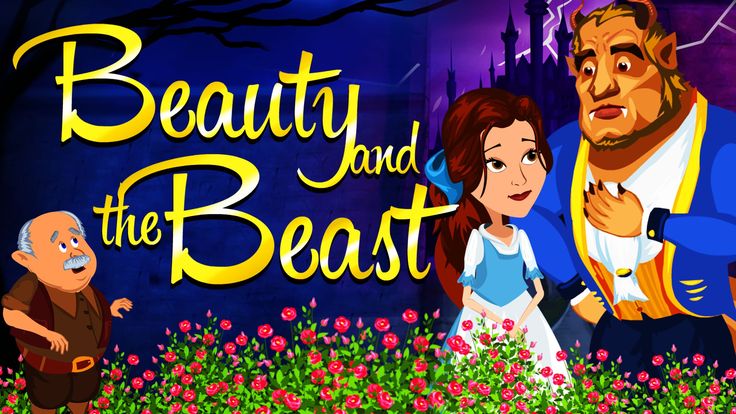 "Through the Reserve Wilds", "Askania-Nova", "Vaska the Traveler"
"Through the Reserve Wilds", "Askania-Nova", "Vaska the Traveler" - Ustinov L. "Gypsy Tale", "Old Fashioned Miracles"
- Filatov L. " About Fedot the archer of a daring young man”
- Fingaret S. “Great Benin”, “Feng sign on bamboo”
- Fraerman R. Wild Dog Dingo
- Schefner V. Lucky Loser, Girl on the Cliff, Purple Ball, Debtor's Shack, Tea Party on the Yellow Veranda
- Shtilmark R. Heir from Calcutta"
- Shurlygin V. "Cosmonaut Sergeev"
- Schegolev A. "Cage for the violent"
- Yakhnina E. "Jacques the Brave from Saint-Antoine suburb"
- Yacheikin Yu. "Space wanderings of Captain Nebrekha"
- literature
- Asimov A. "Lucky Star - Space Ranger"
- Balzac O. "Shagreen Skin"
- Binz Archie "Buster, come to me!"
- David Bischoff "Unchildren's Games"
- Louis Boussinard "Ten Million Red Possum", "Ten Thousand Years in the Ice"
- Alan Garner "Elidor", "Owls on Plates"
- Charles de Coster "The Legend of Thiel Eulenspiegel"
- Defoe Daniel "Robinson Crusoe"
- Jellicoe Paul "Jenny", "Thomasina"
- Dickens C.
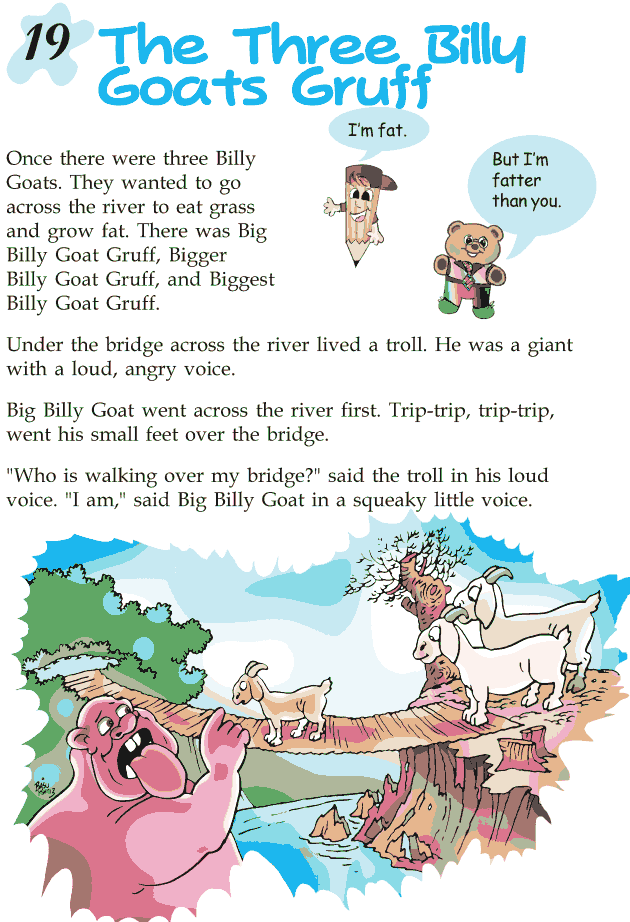 "Great Expectations", "Oliver Twist"
"Great Expectations", "Oliver Twist" - Dilov Luben Star Adventures of Numi and Nicky
- Doyle A.K. "Captain Sharkey", "Brigadier Gerard"
- Druon M. "Cursed Kings"
- Dumas A. "The Count of Monte Cristo", "Ascanio", "The Black Tulip", "Two Dianas"
- Kattner G. "The Professor covered"
- Kerwood James "Rogues of the North", "Into the Wilds of the North"
- Clark A. "Dolphin Island"
- Le Guin Ursula "The Wizard of Earthsea"
- Lee Harper "To Kill a Mockingbird"
- May Carl "
- Nenatsky Zbigniew "The Adventures of Pan Samohodik"
- Andre Norton "Gray Magic", "Magic of Wool"
- Olssen Lars Henrik "Erik - the Son of Man"
- Preusler Otfried "Krabat: Legends of the Old Mill" Przyman Ya..22 Four Tankmen and a Dog
- Rollings Marjorie K. Peers
- Sabatini R. The Adventures of Captain Blood, Black Swan, Tavern Knight
- Saito Ryusuke Fire Horse
- Sat Ok (White Feather) "Land of the Salty Rocks", "Listen to the Song of the Feathers"
- Selinger J.

Learn more



